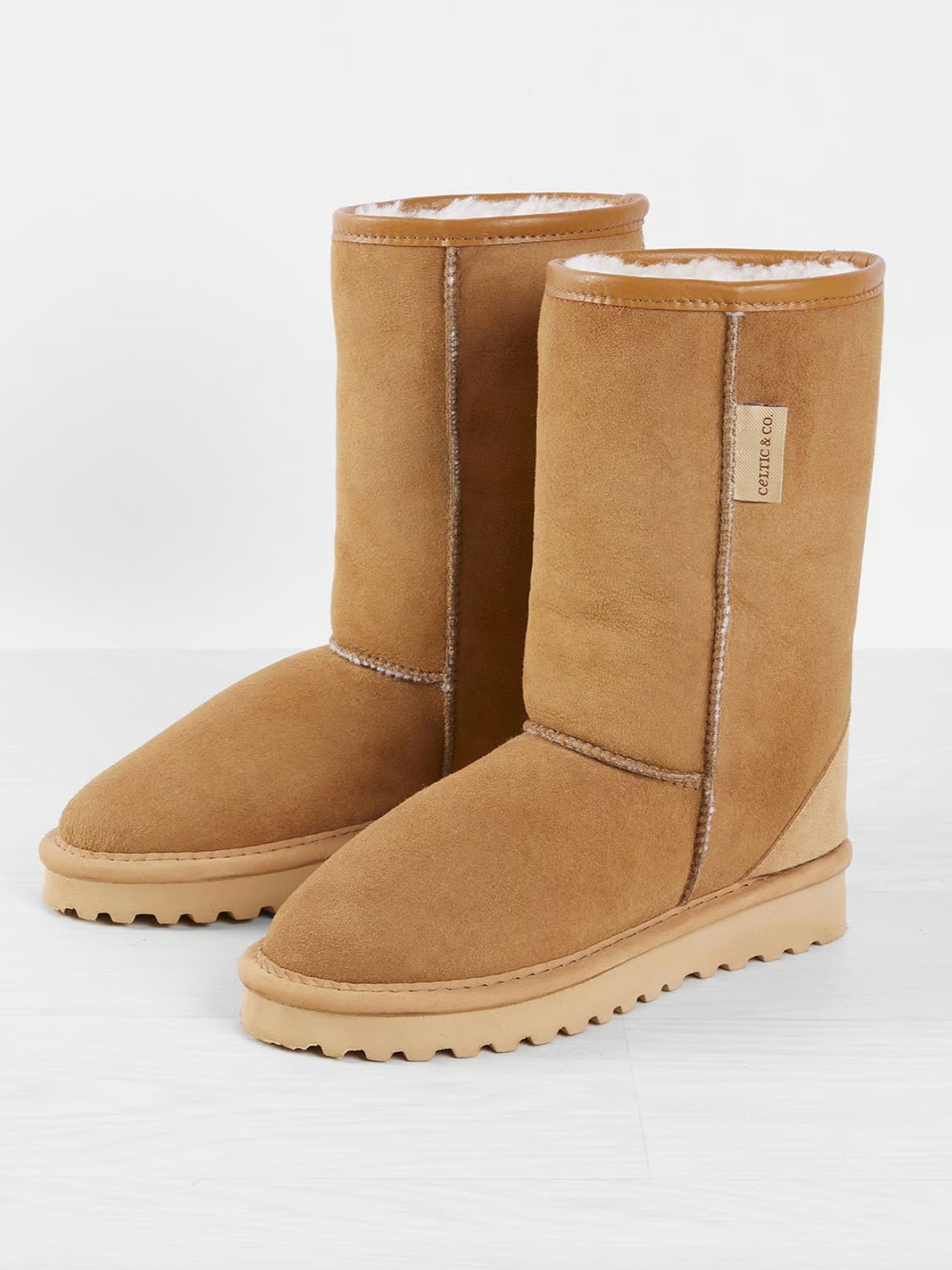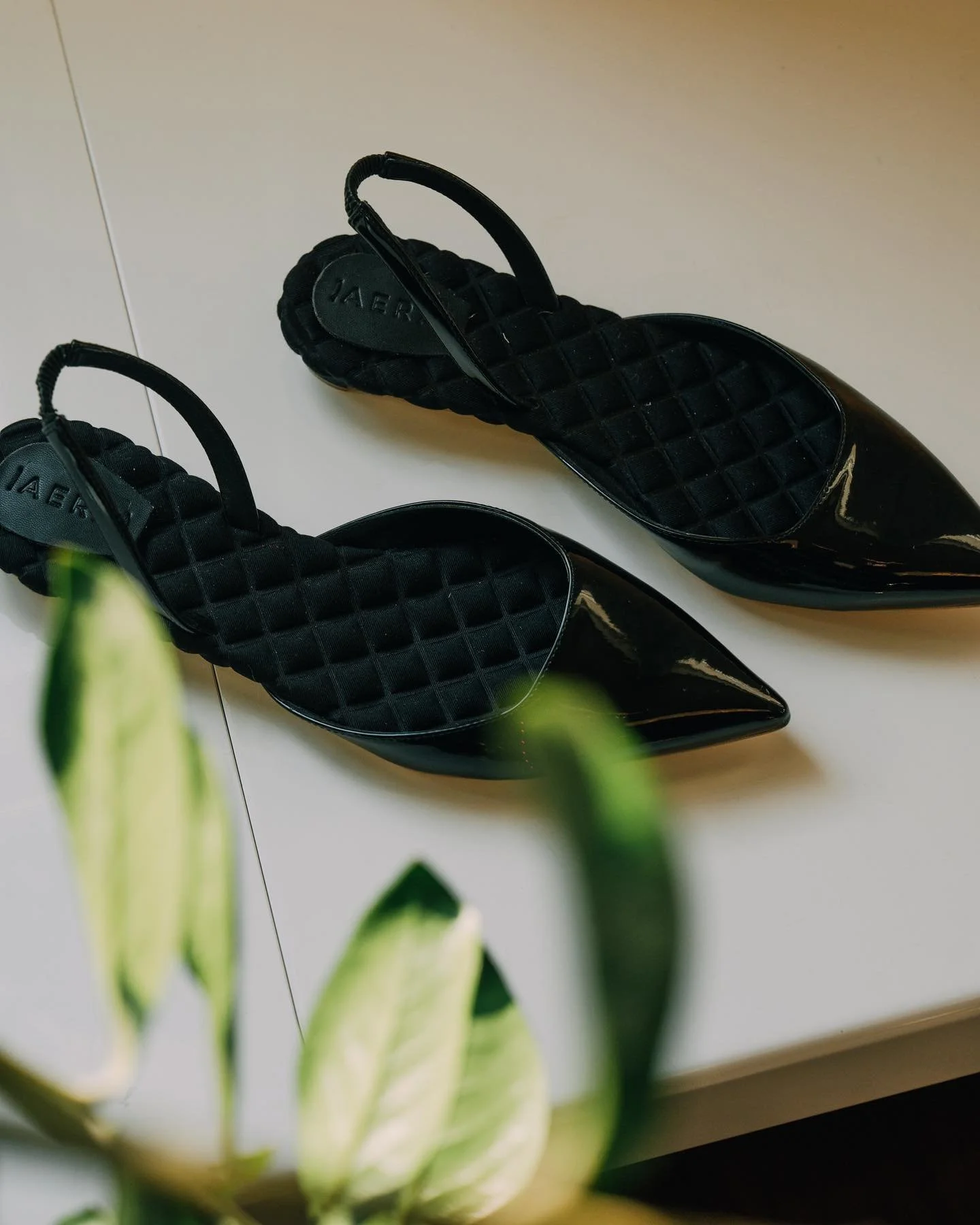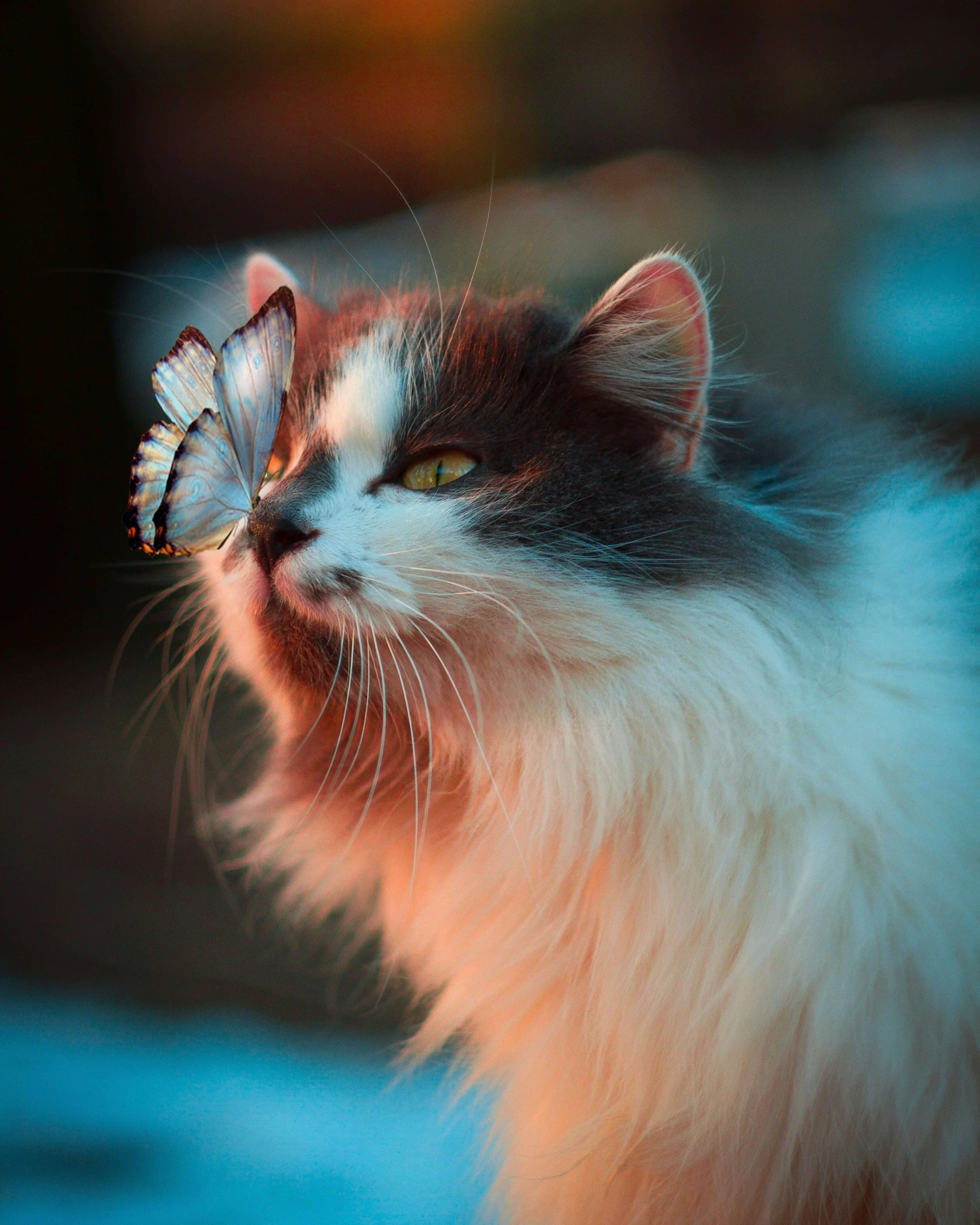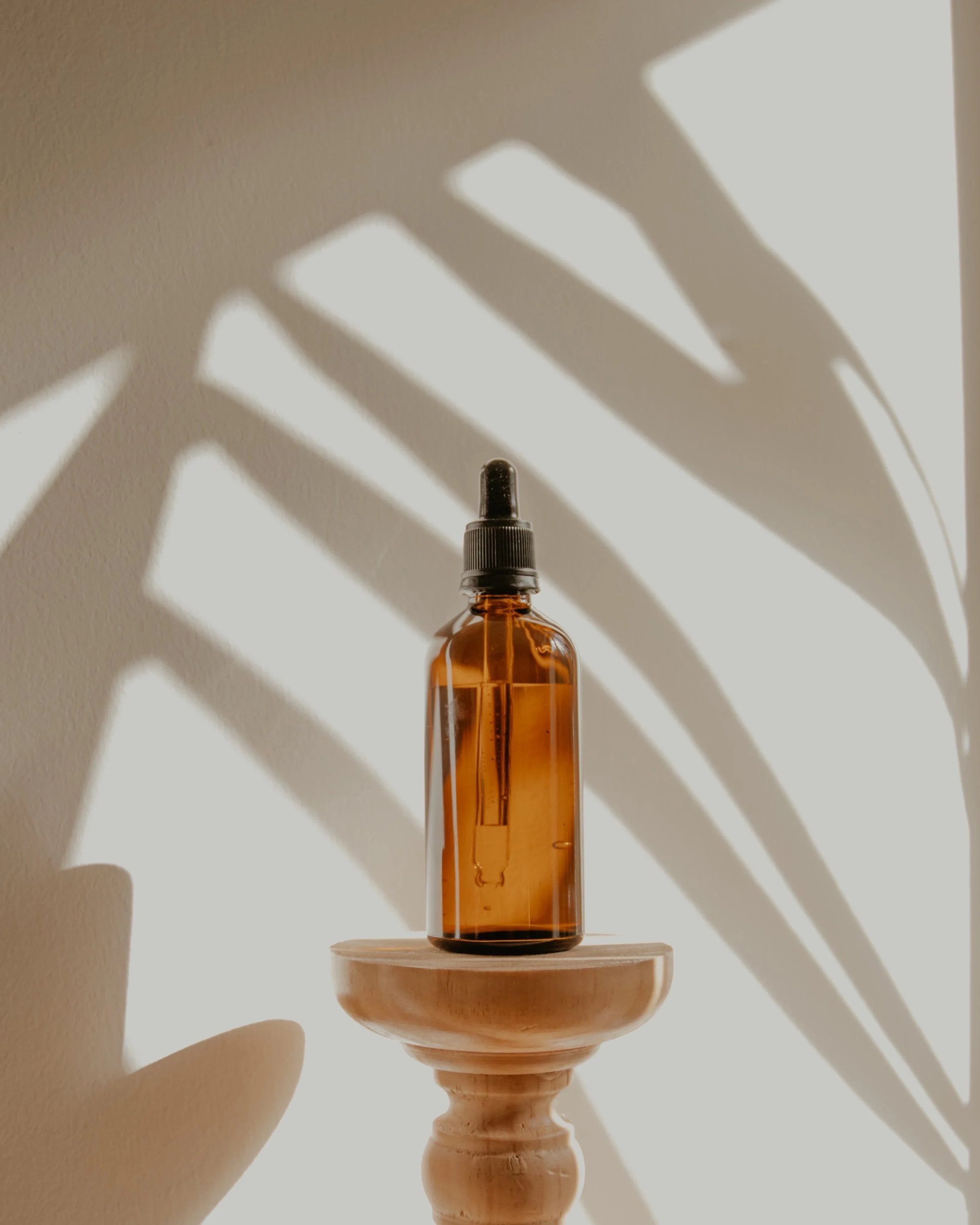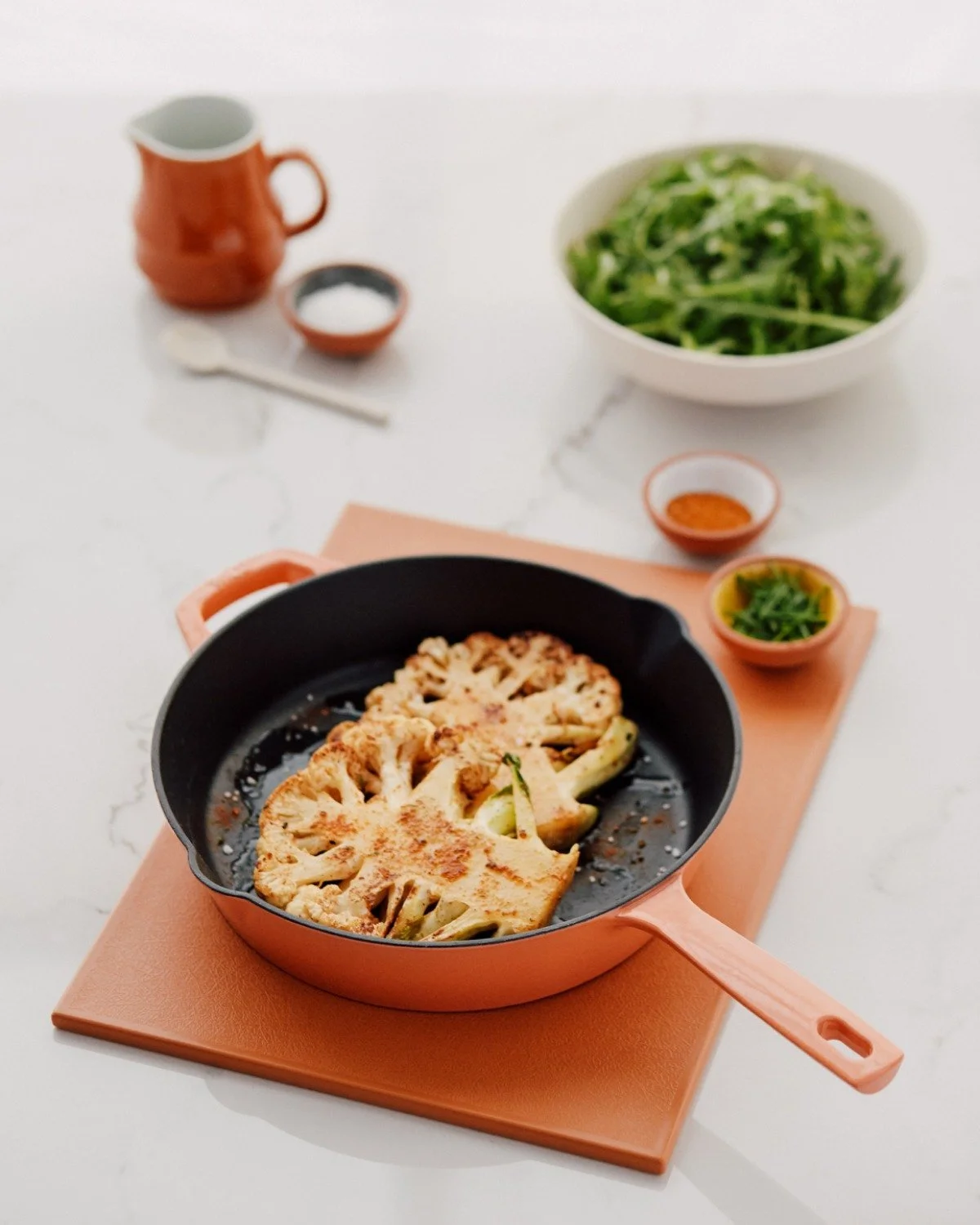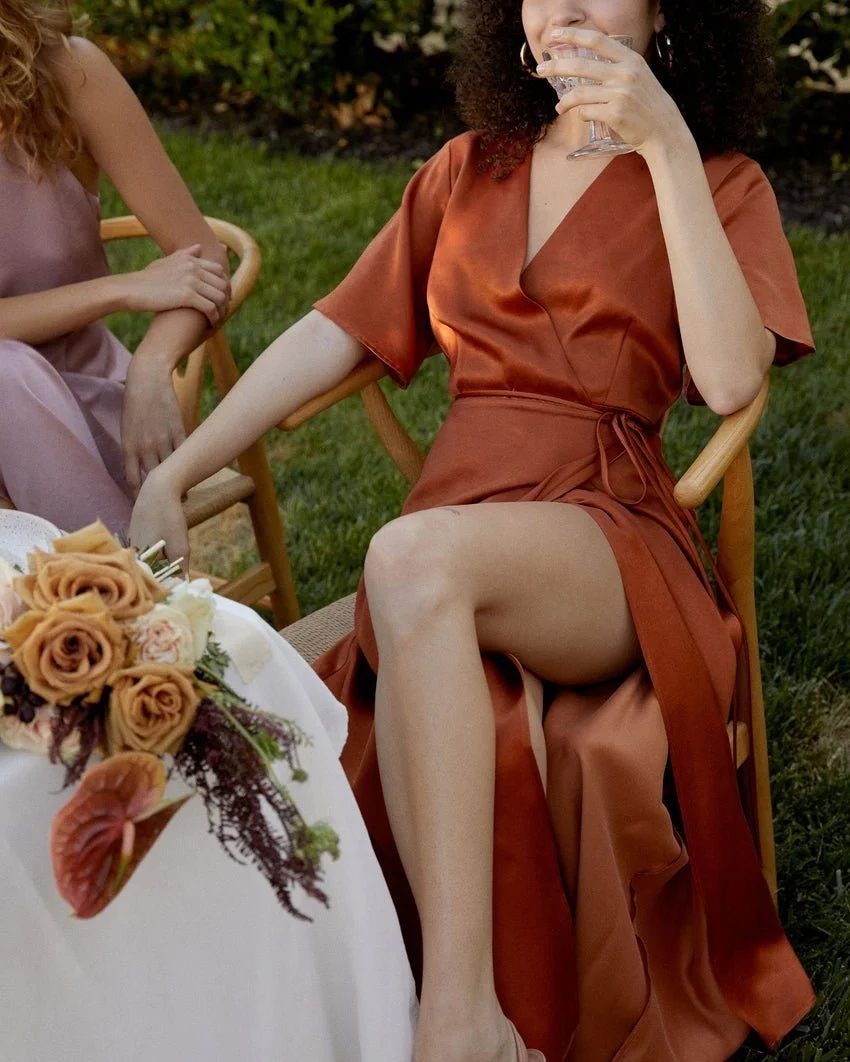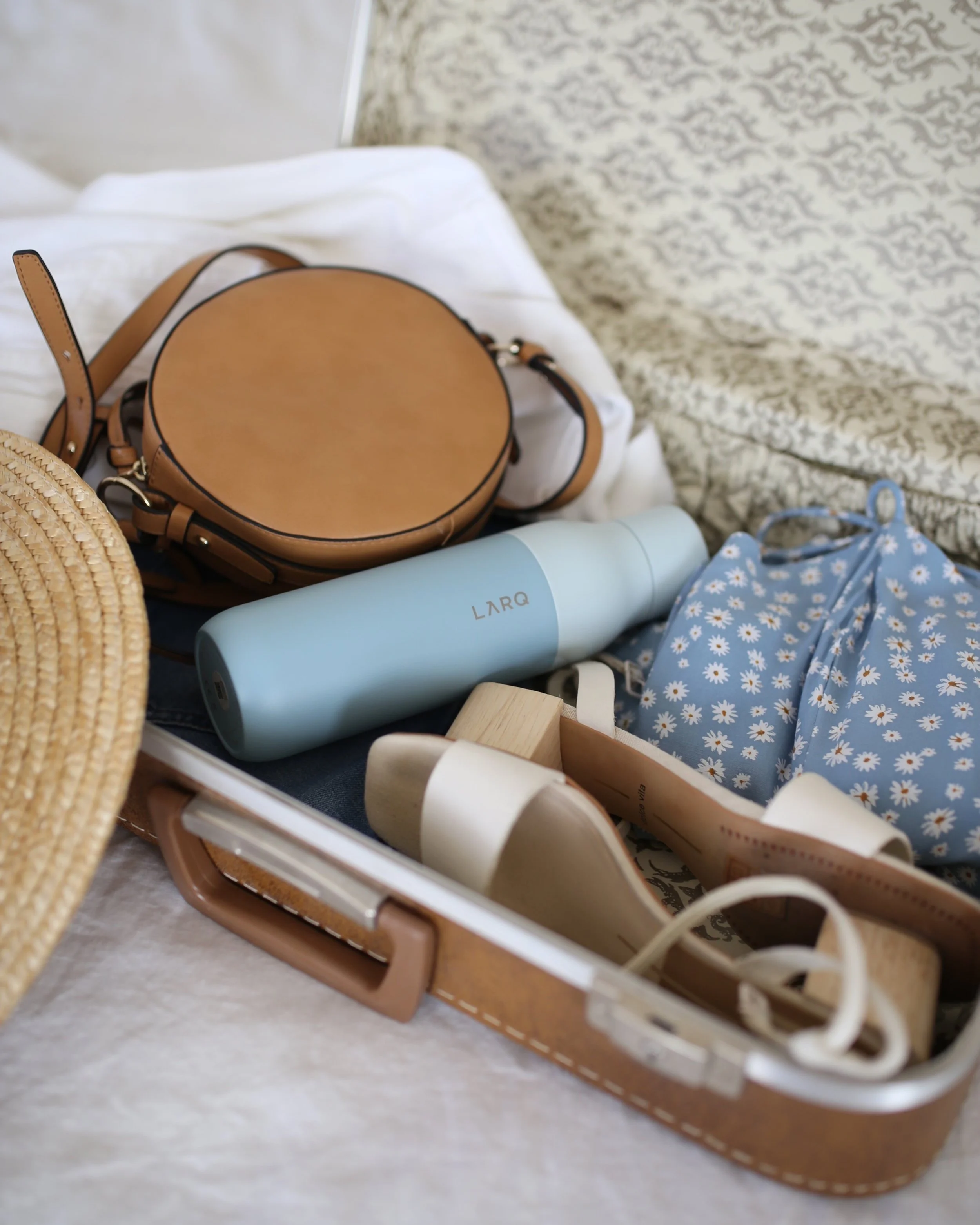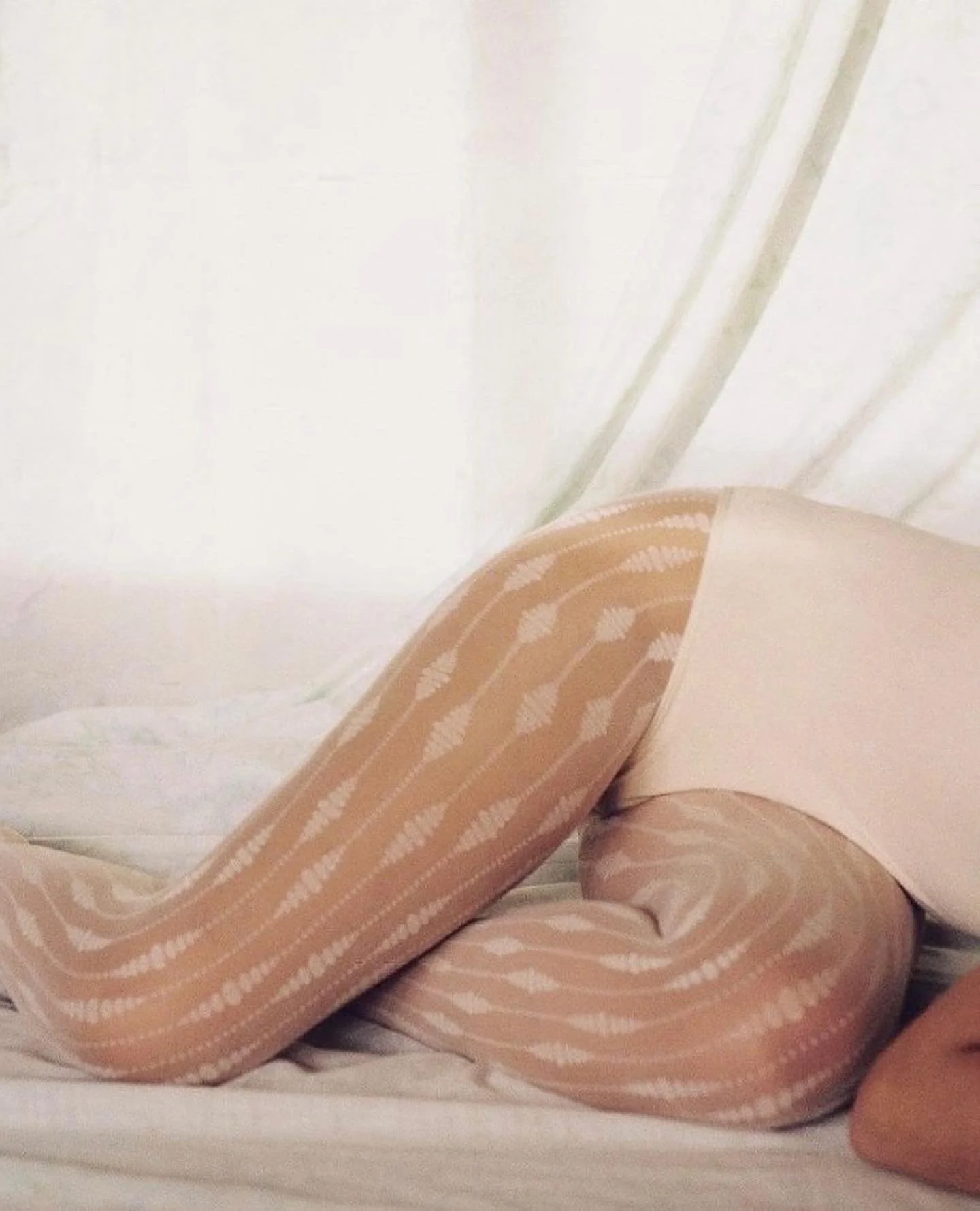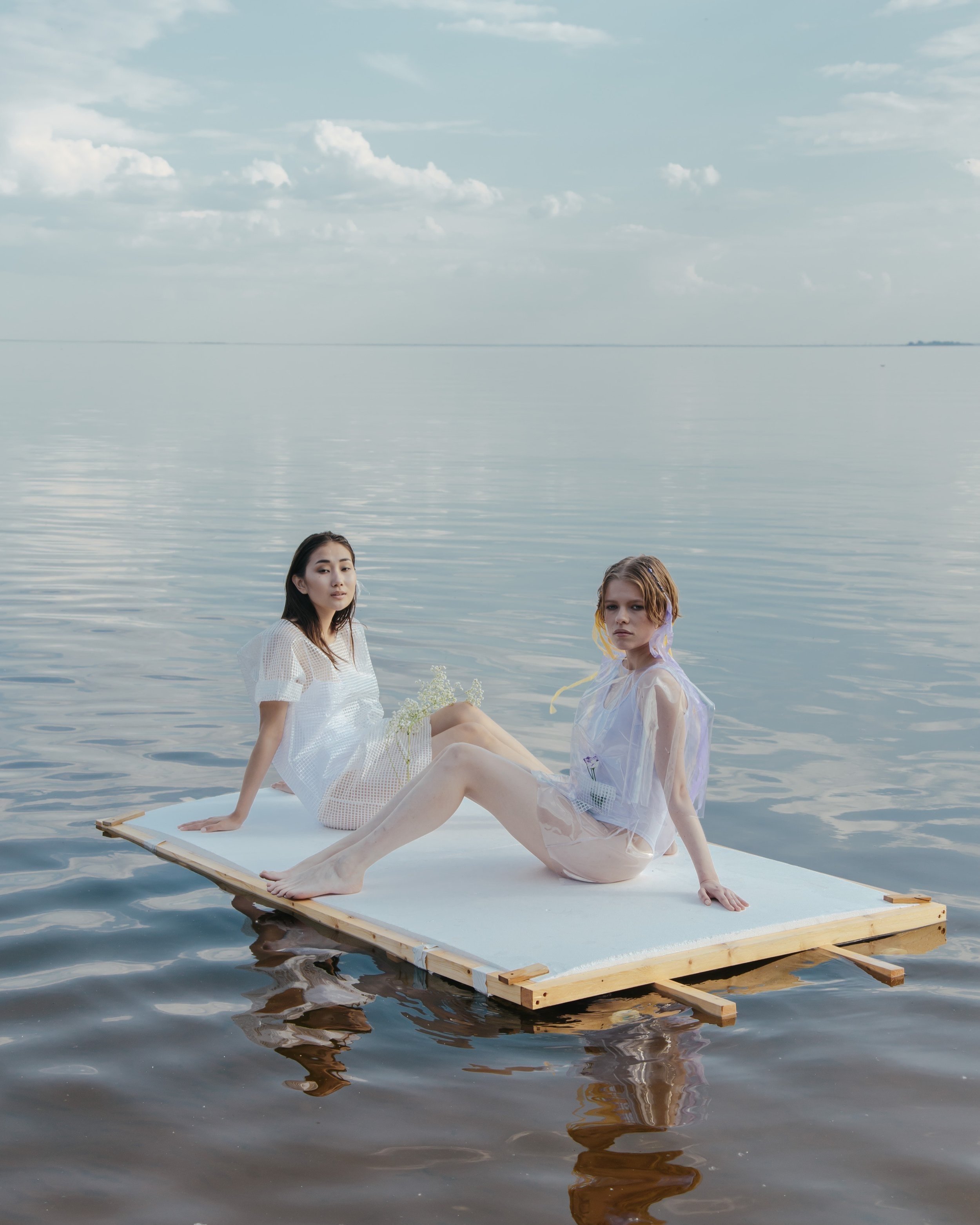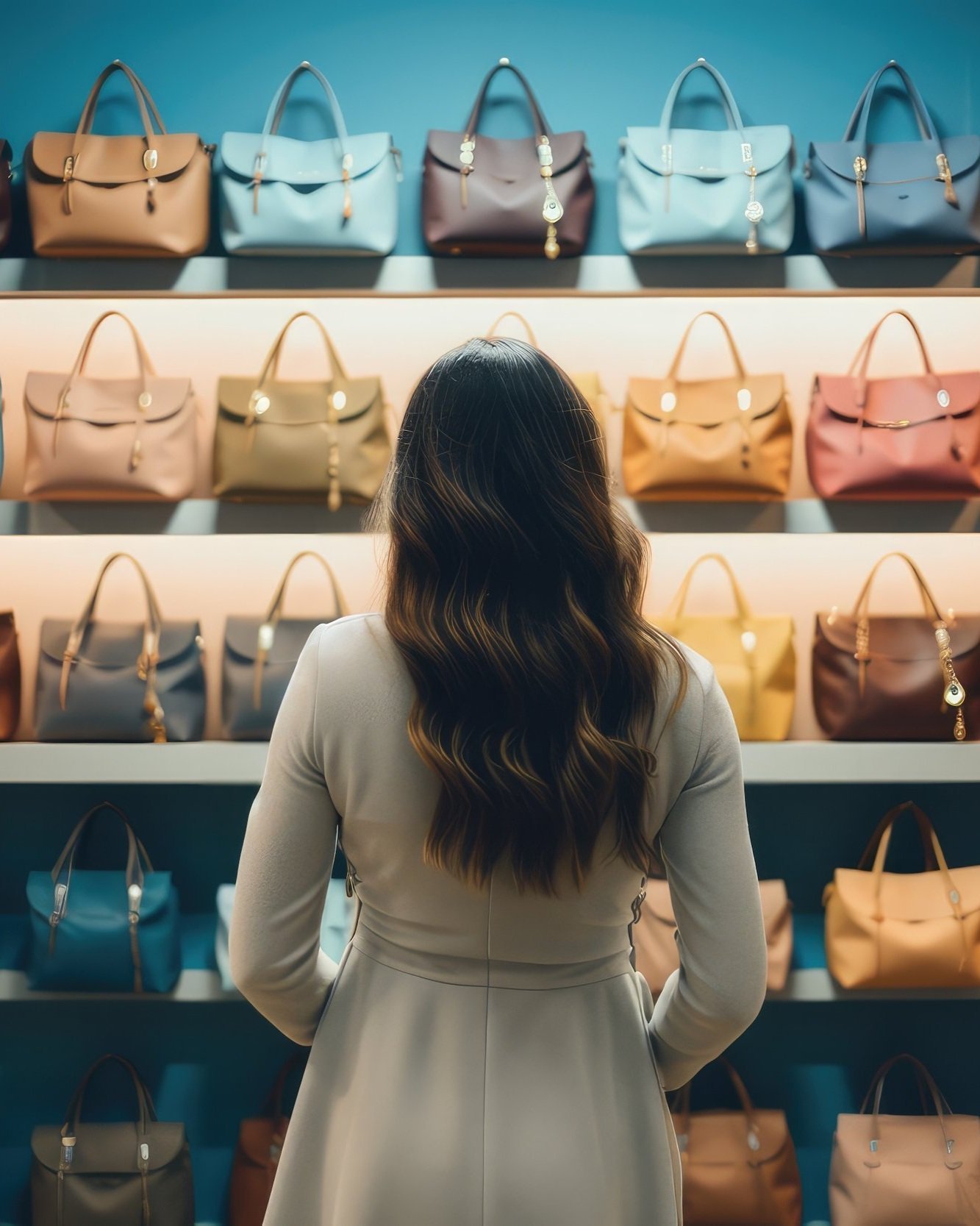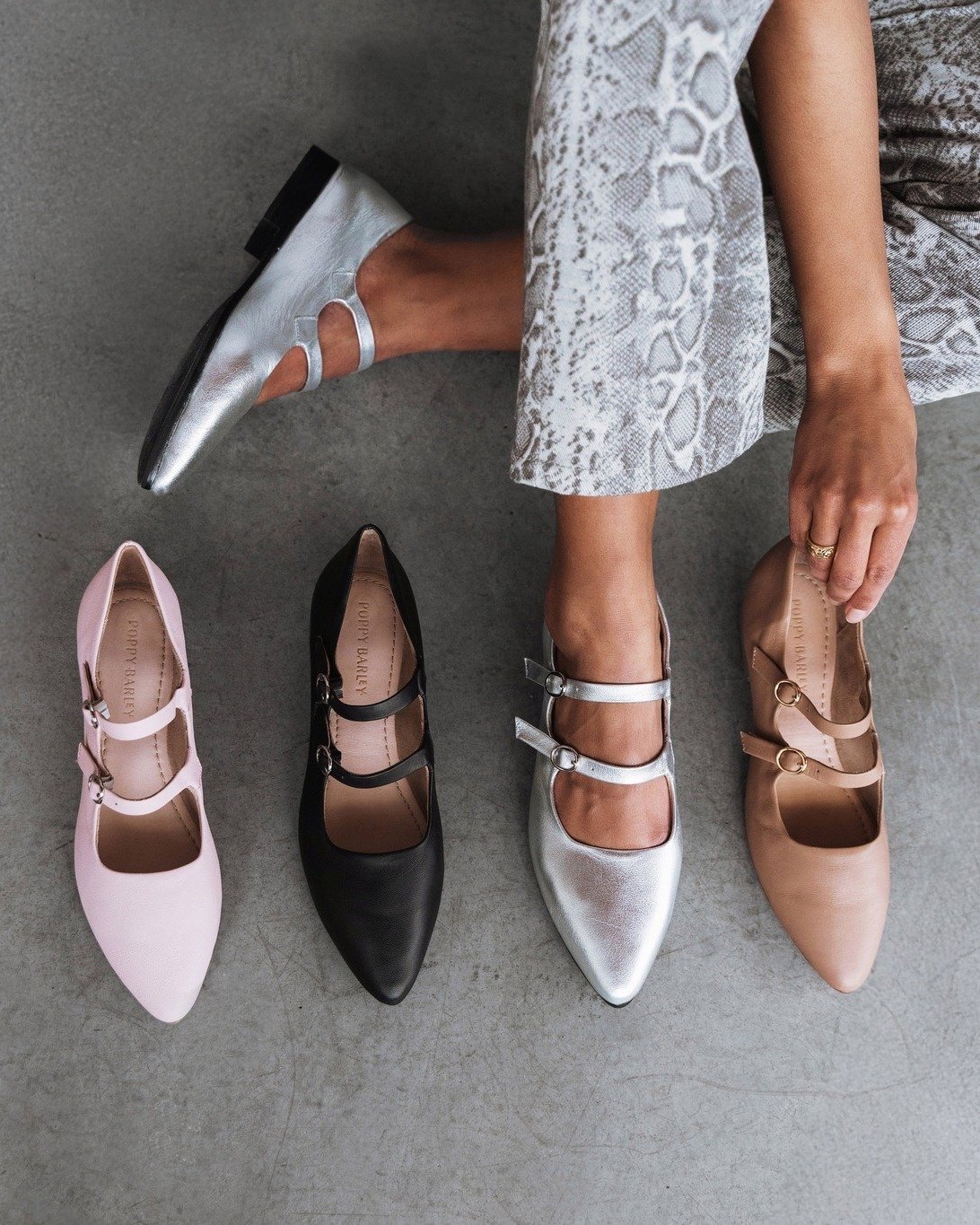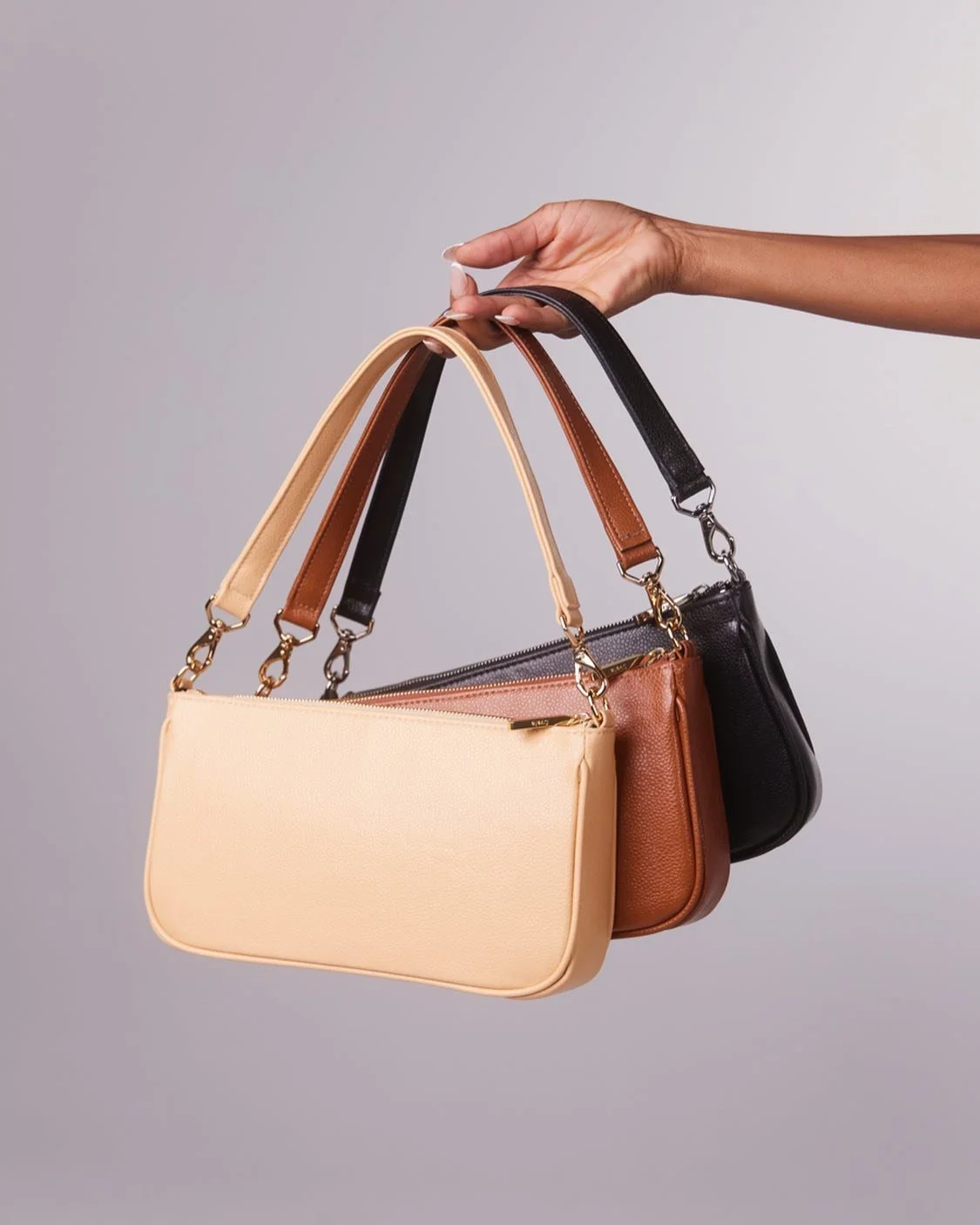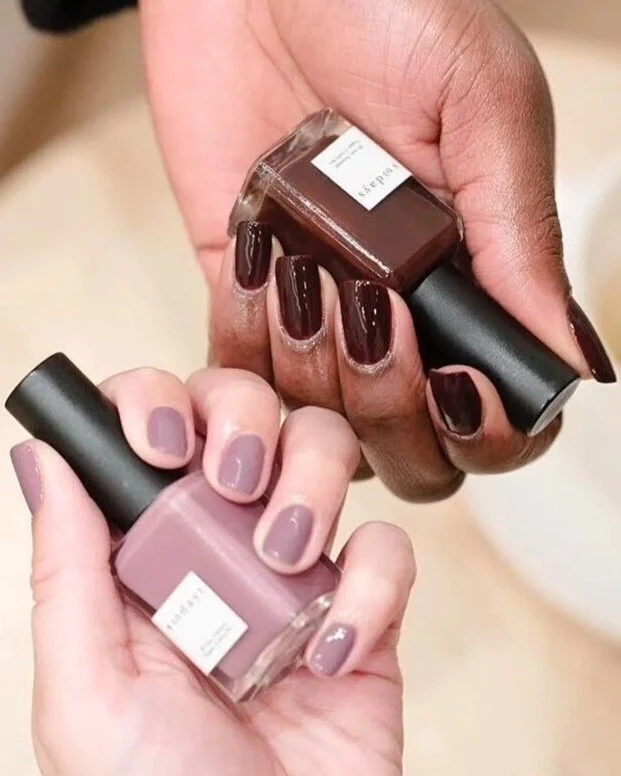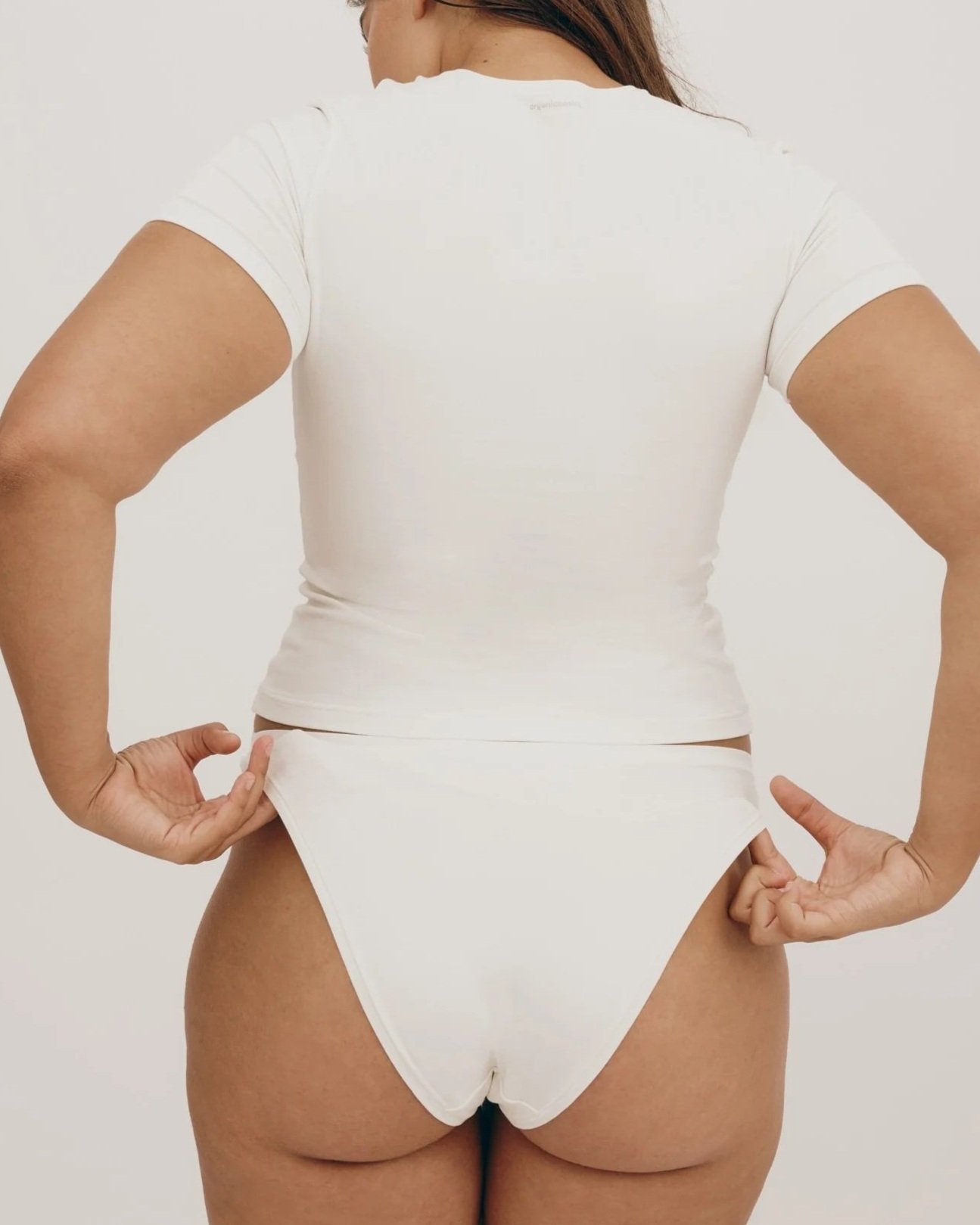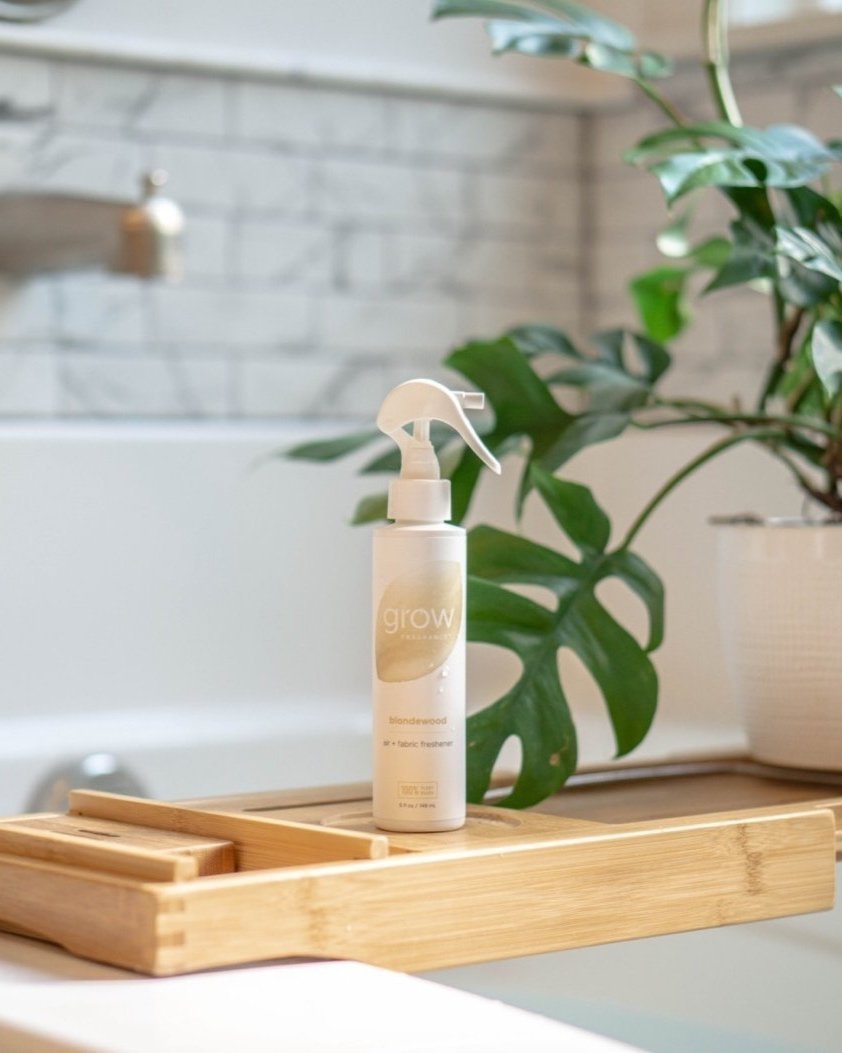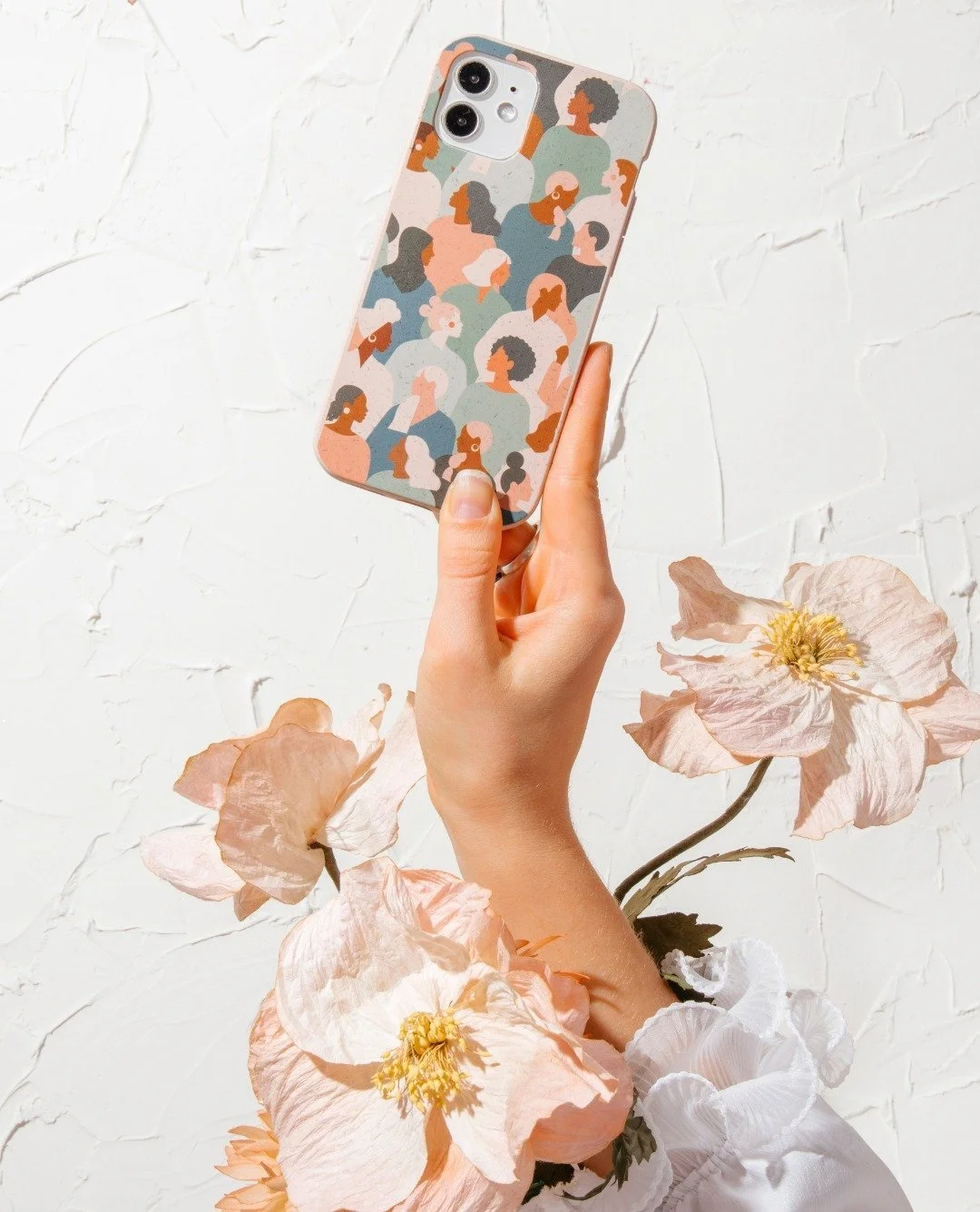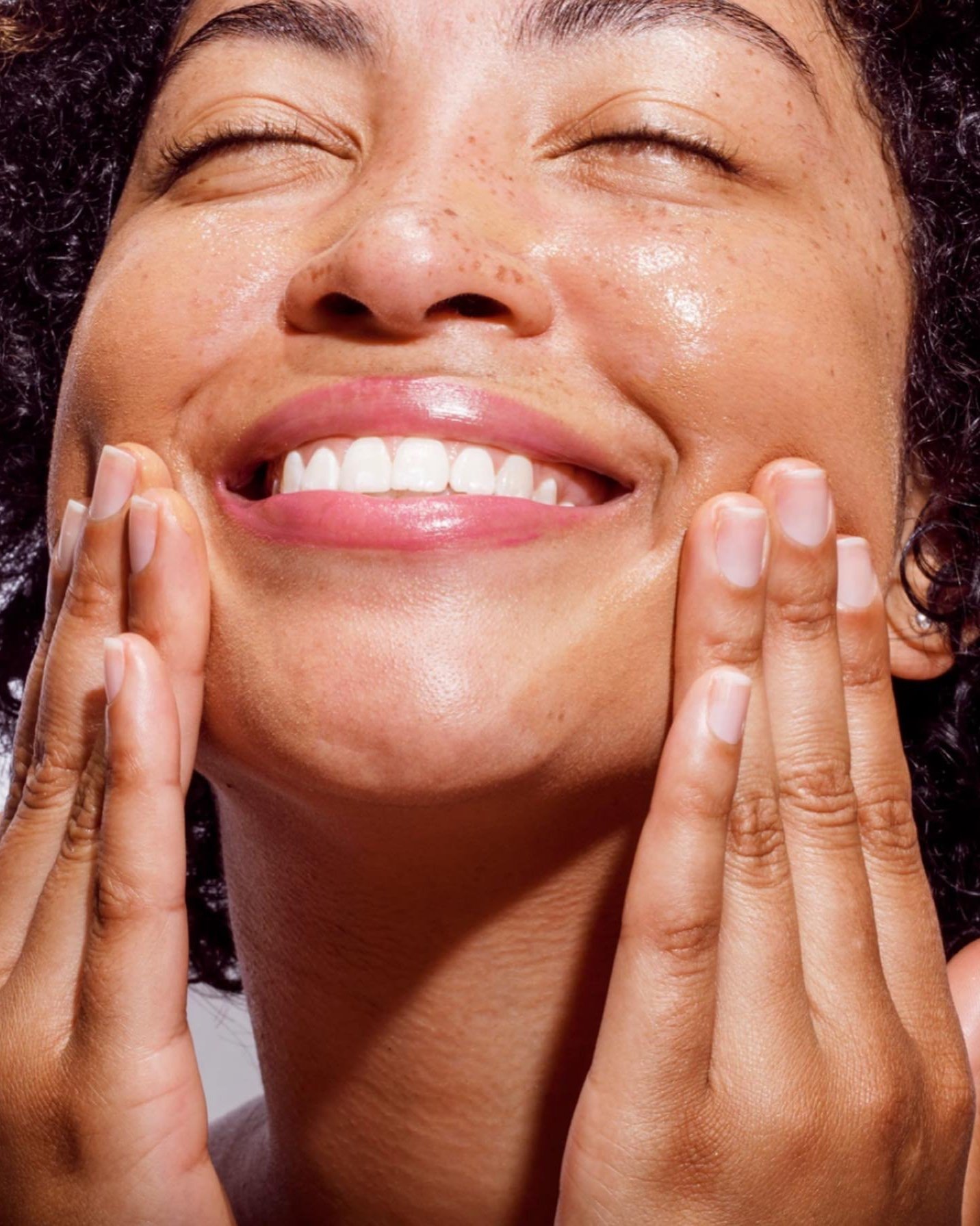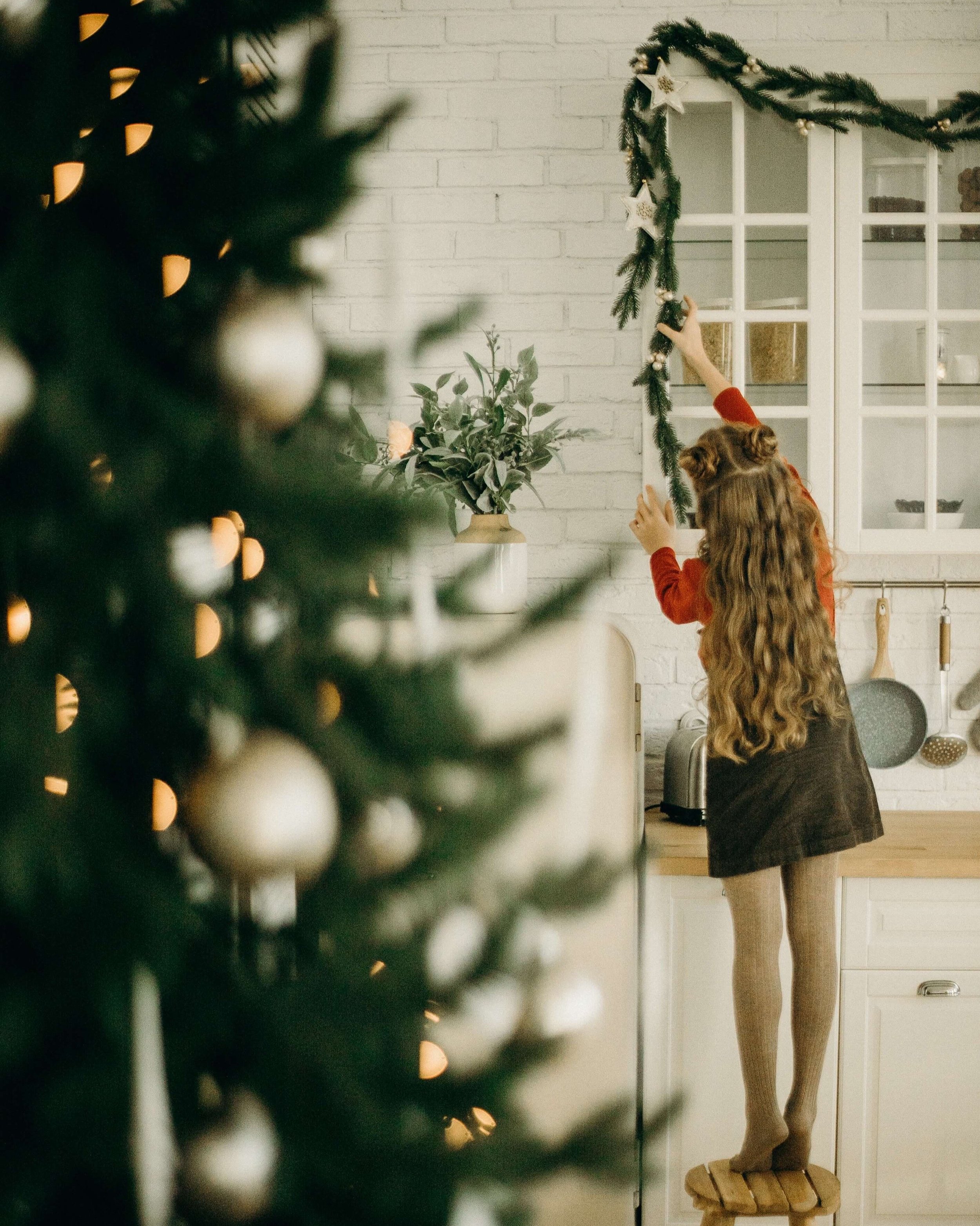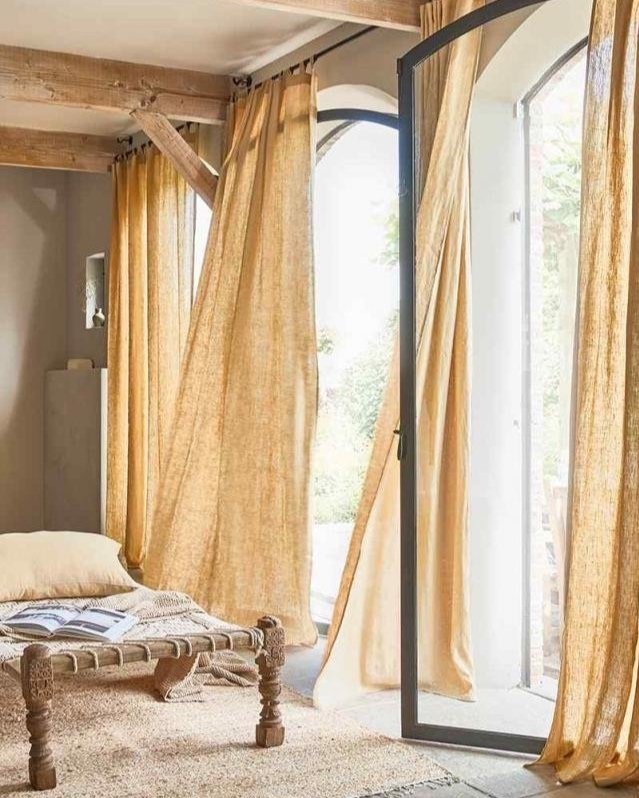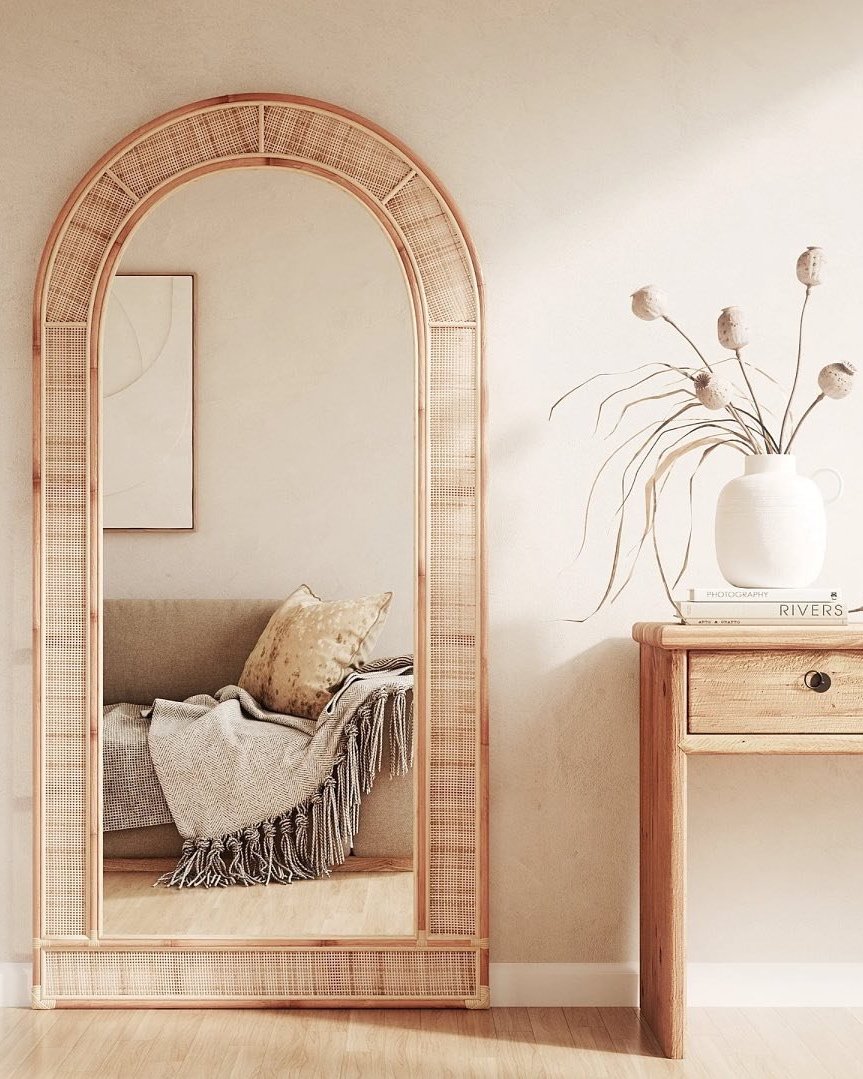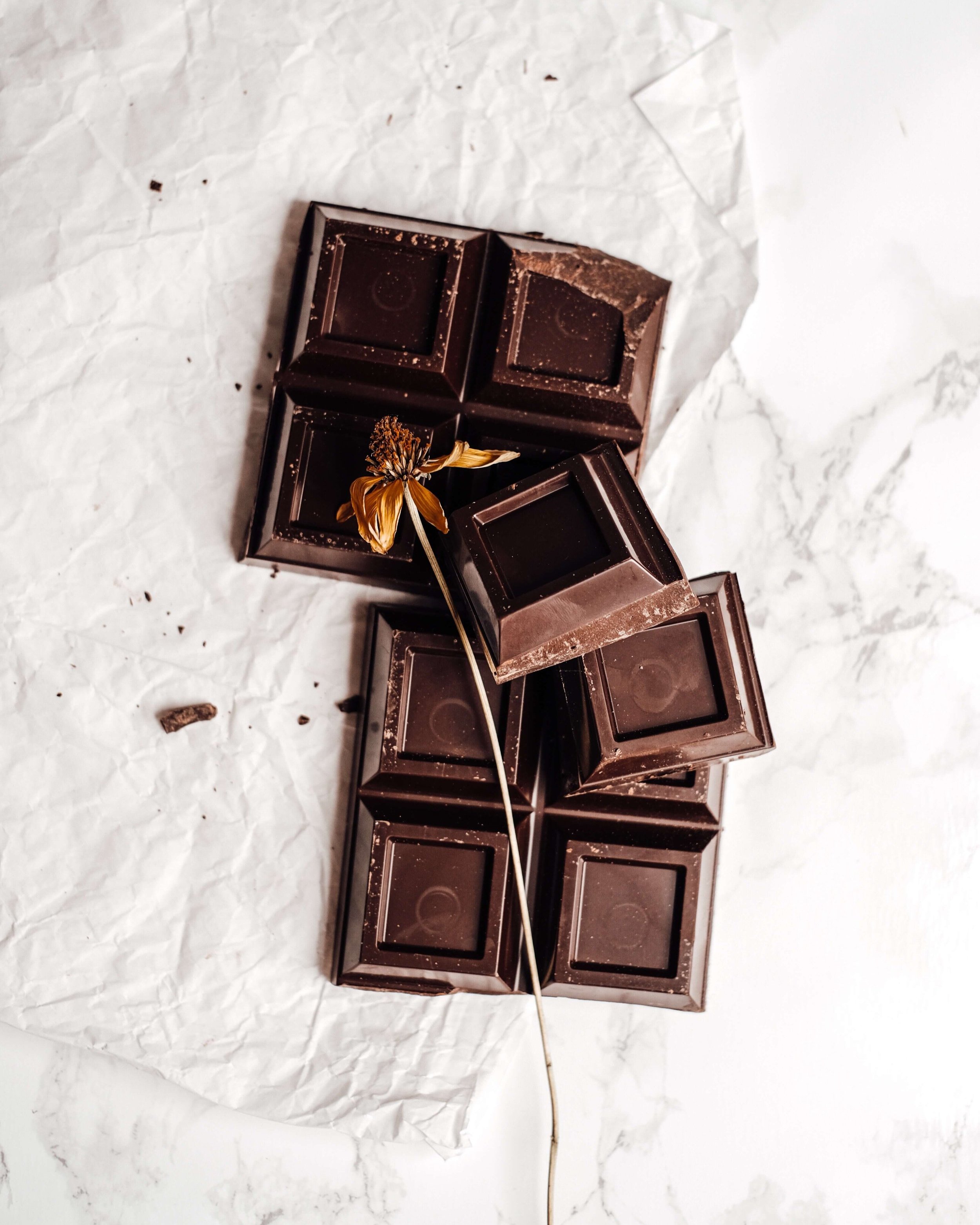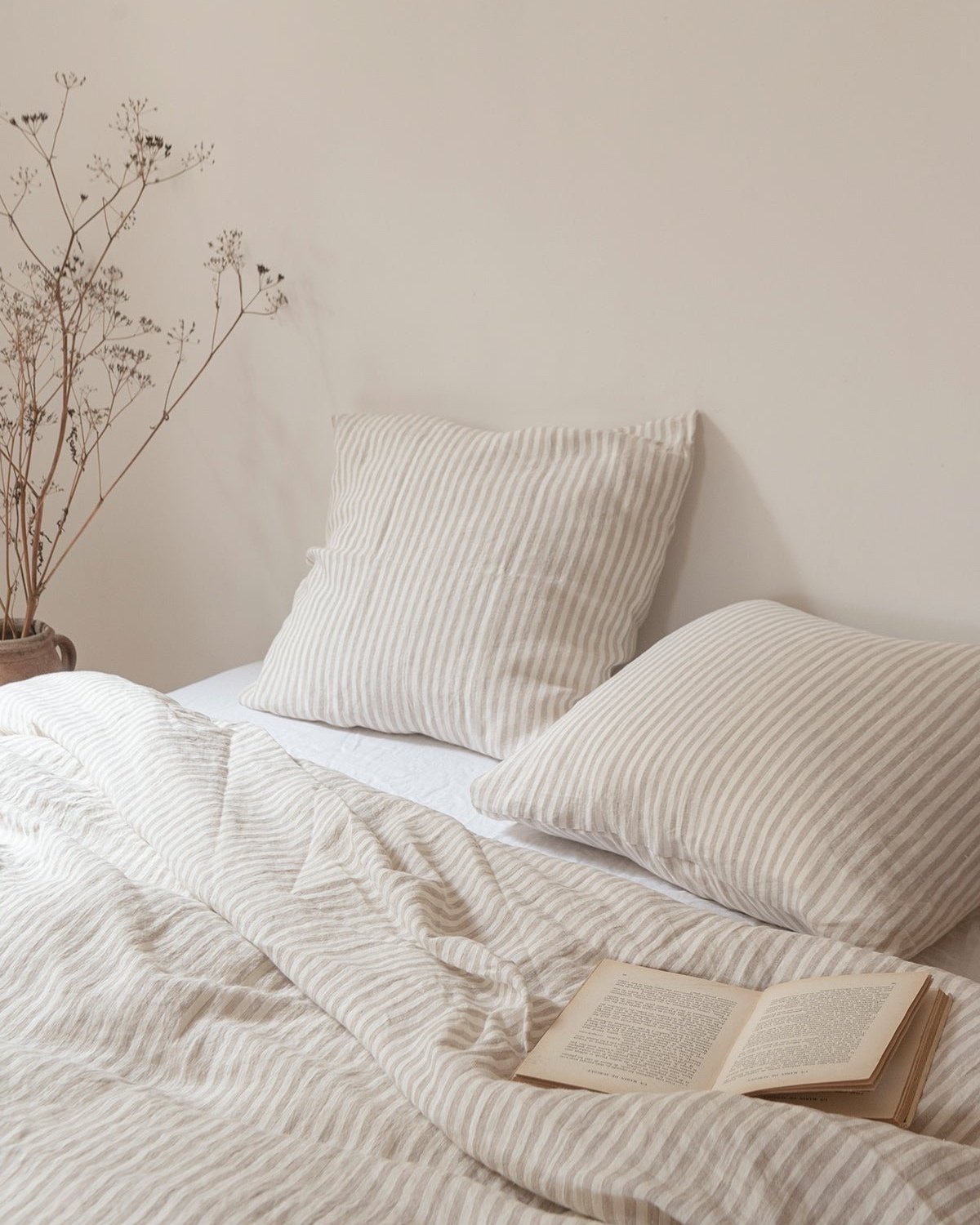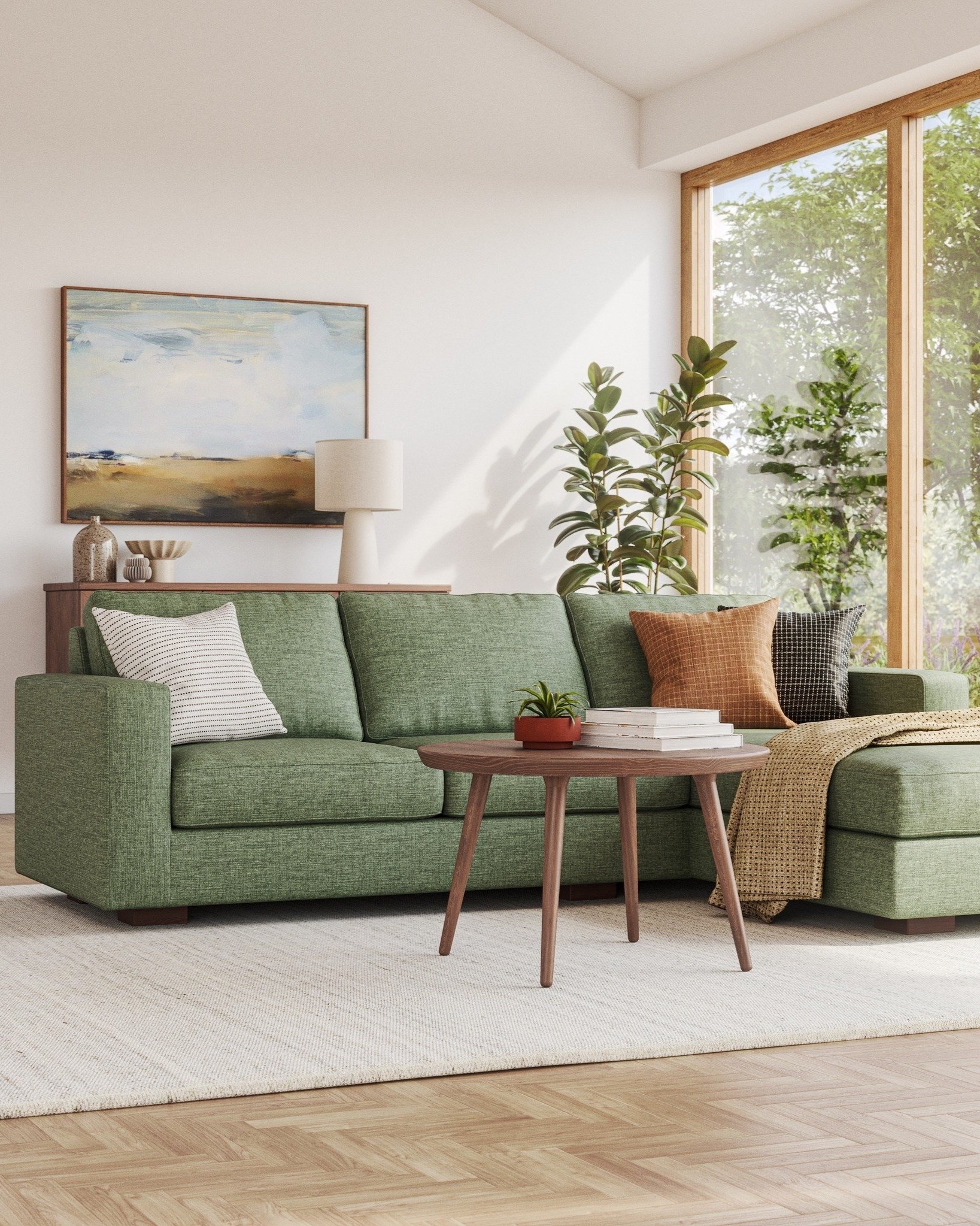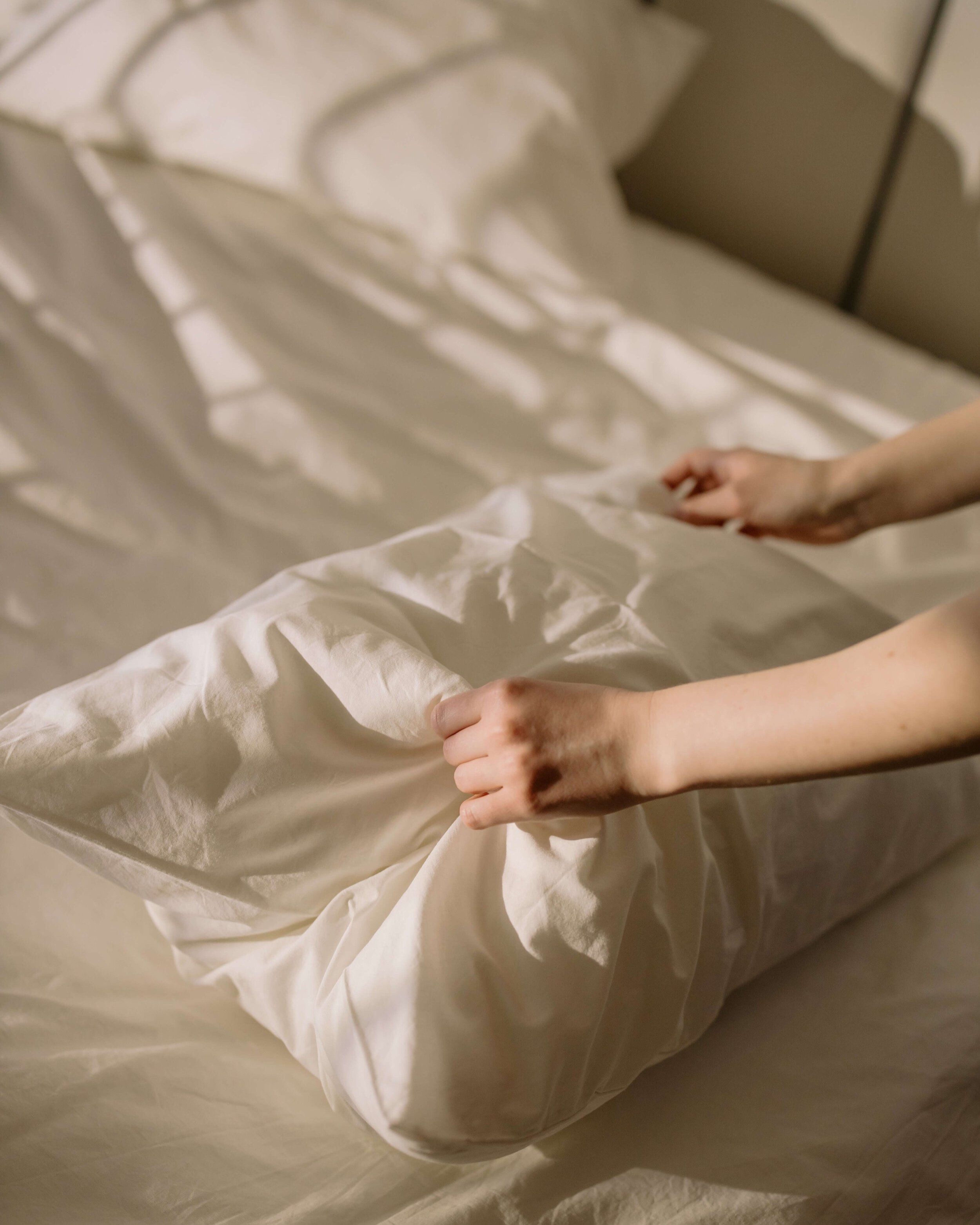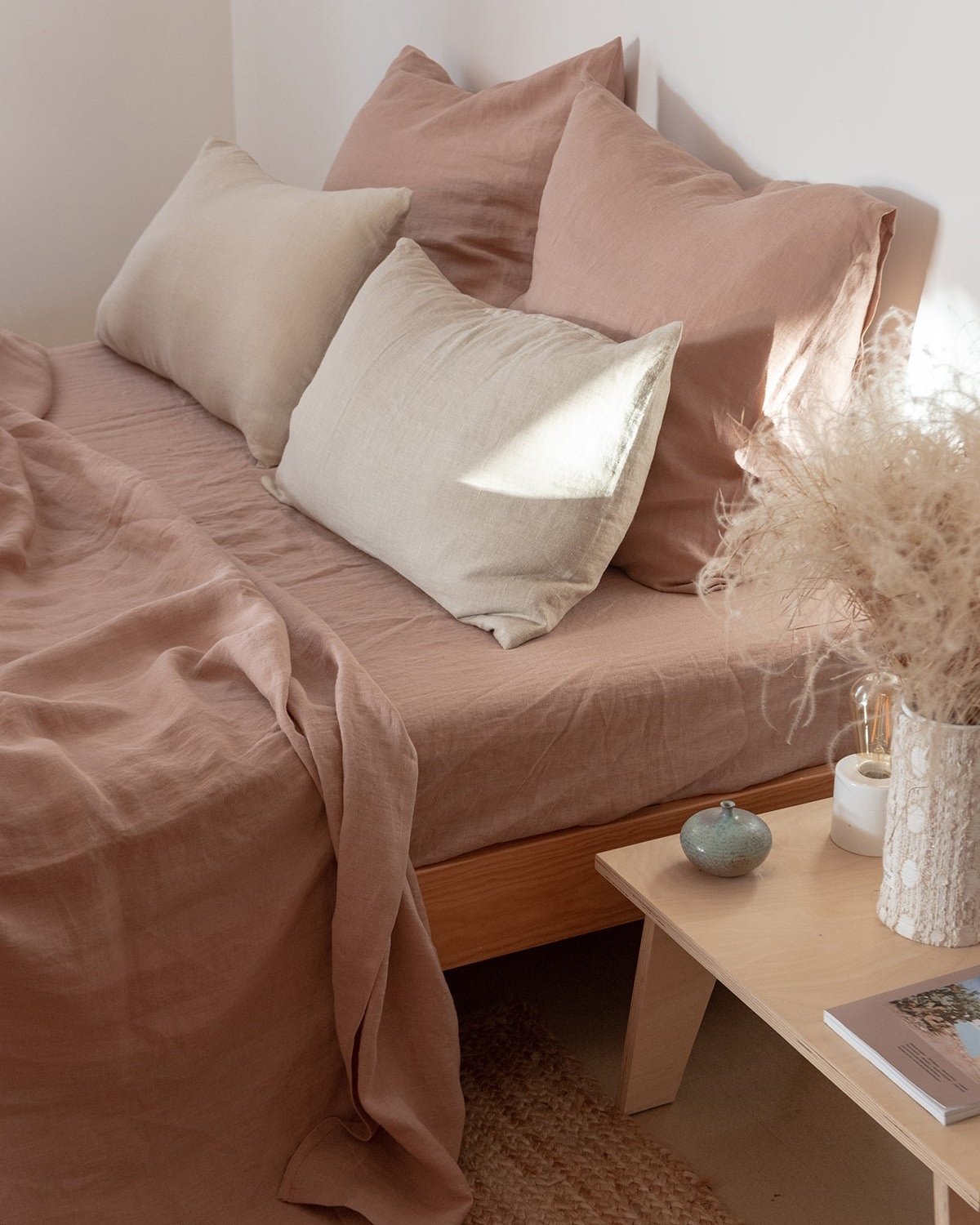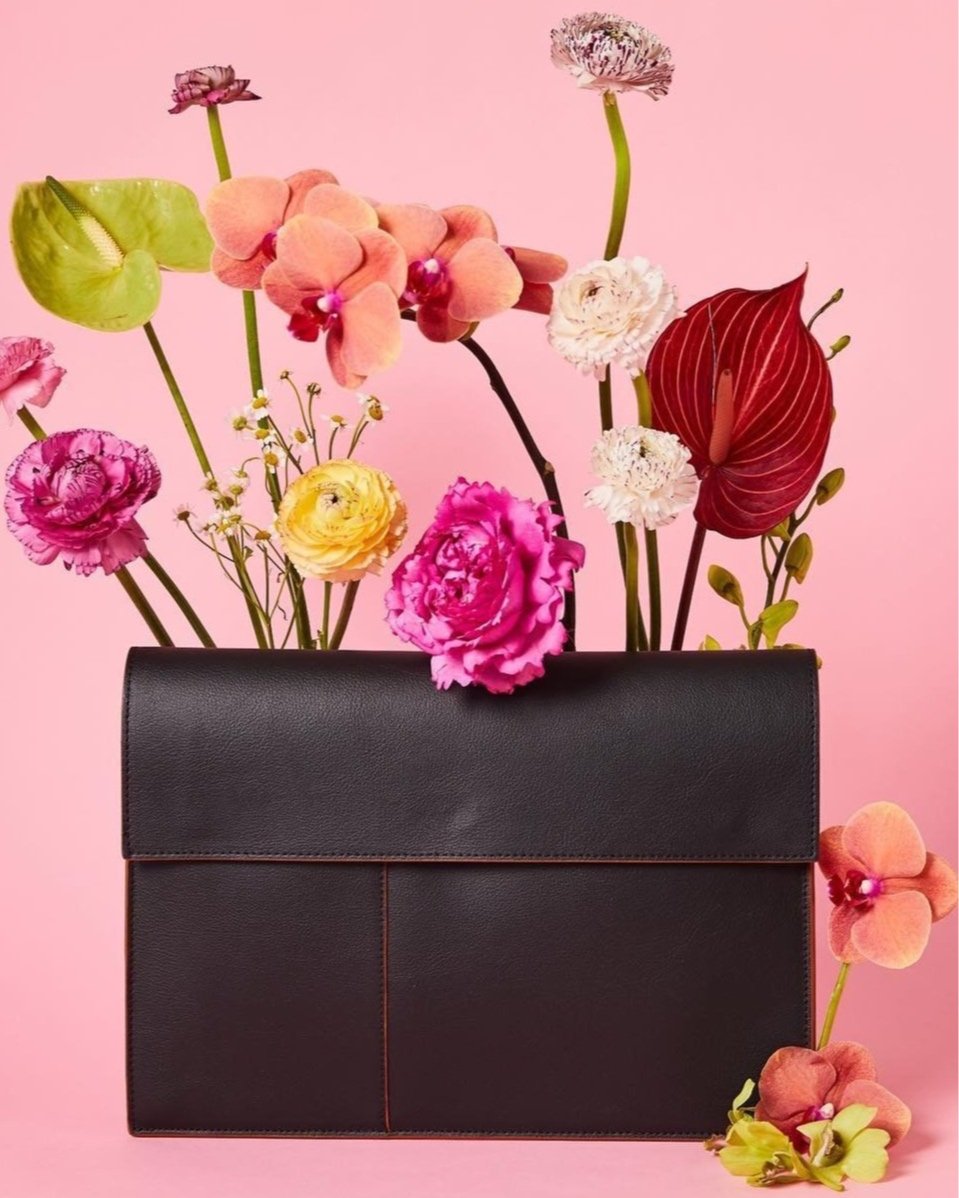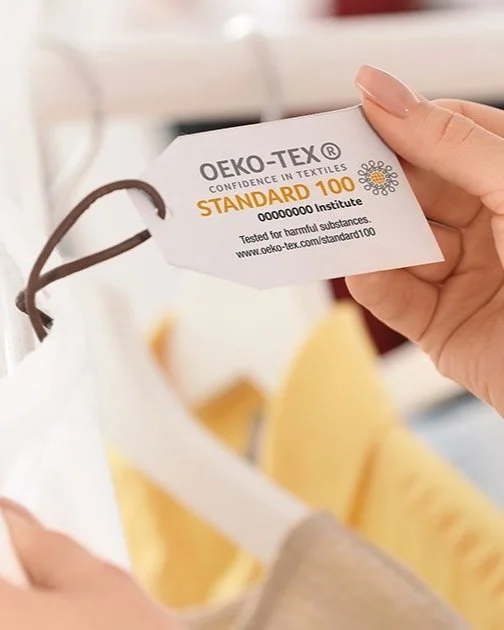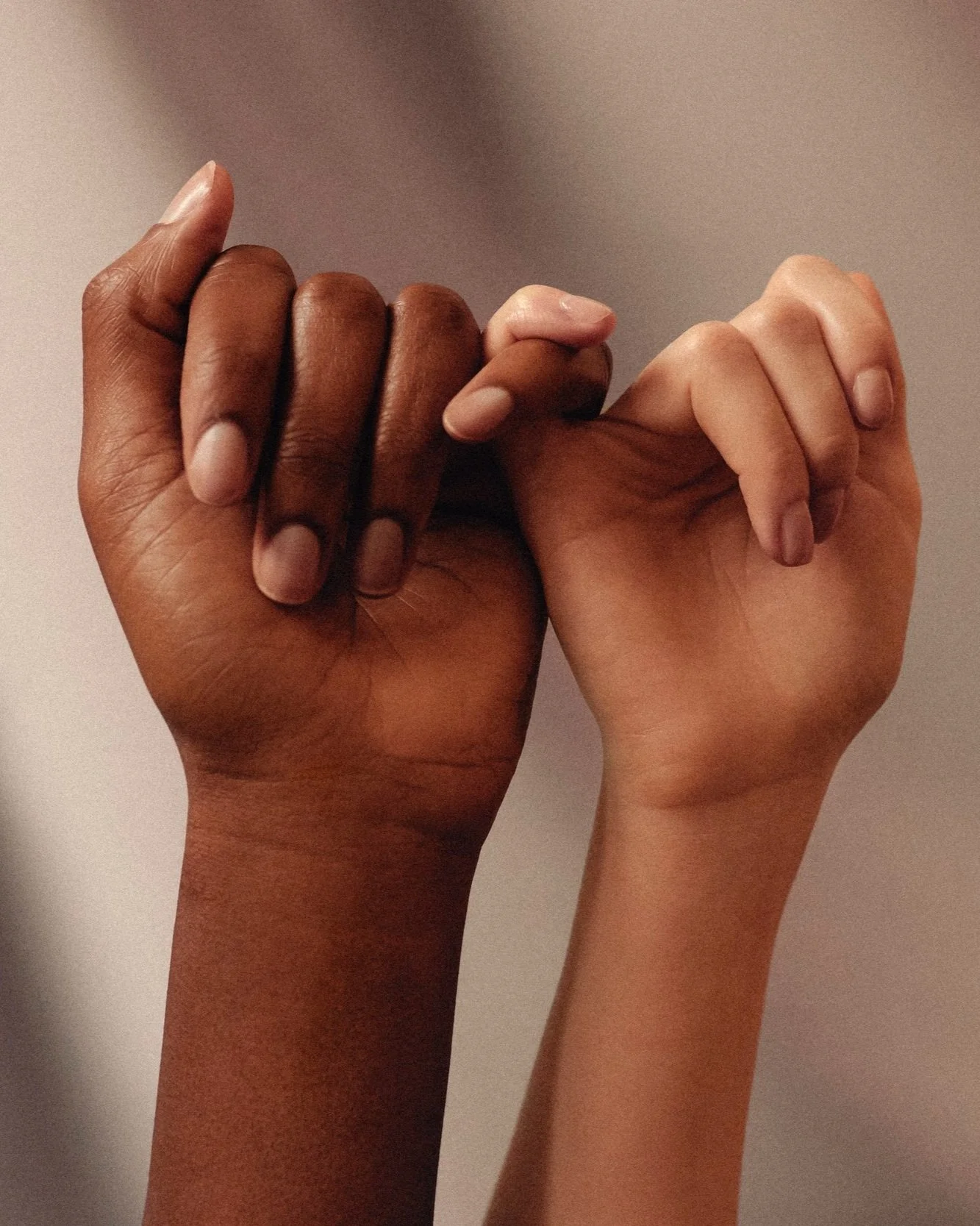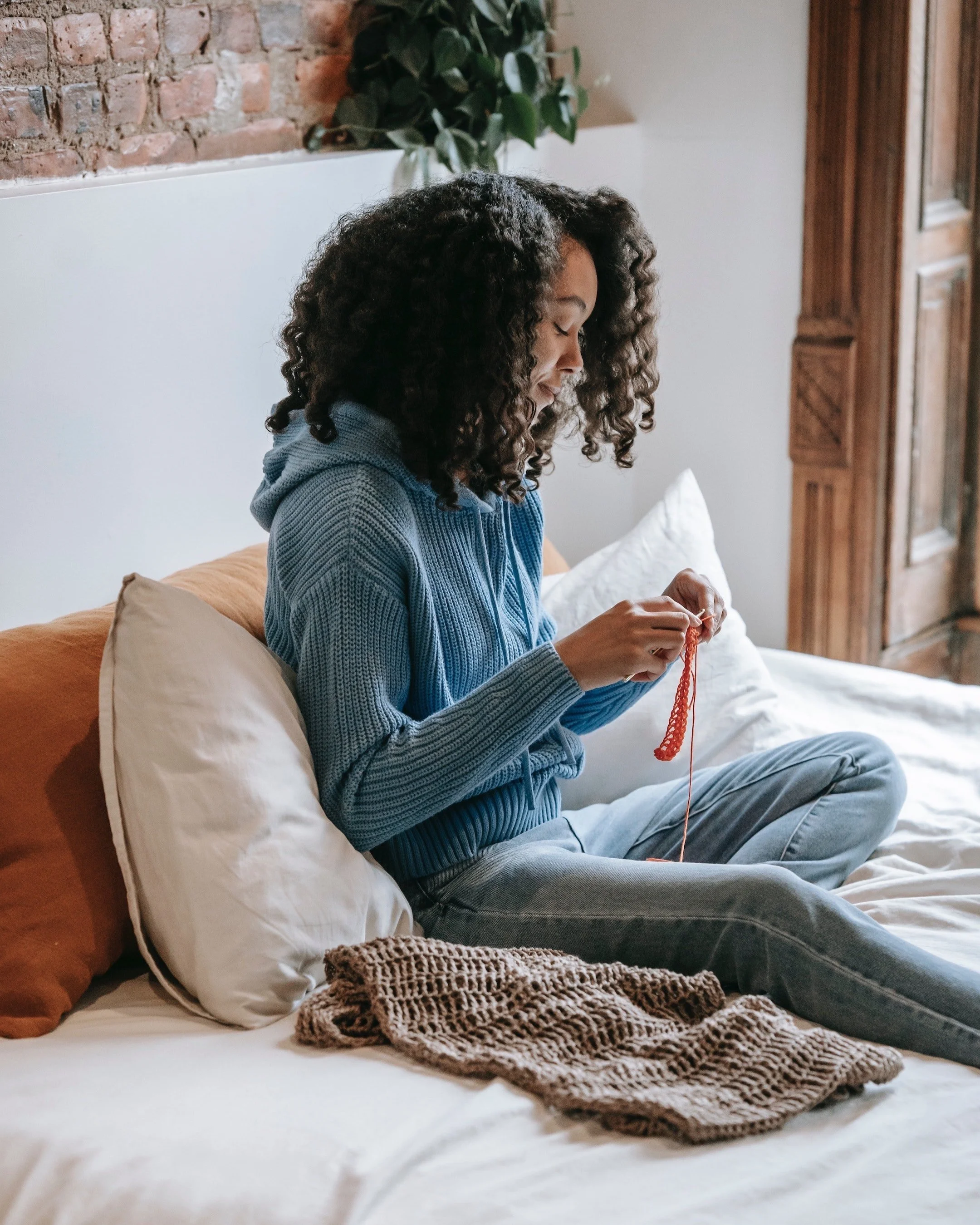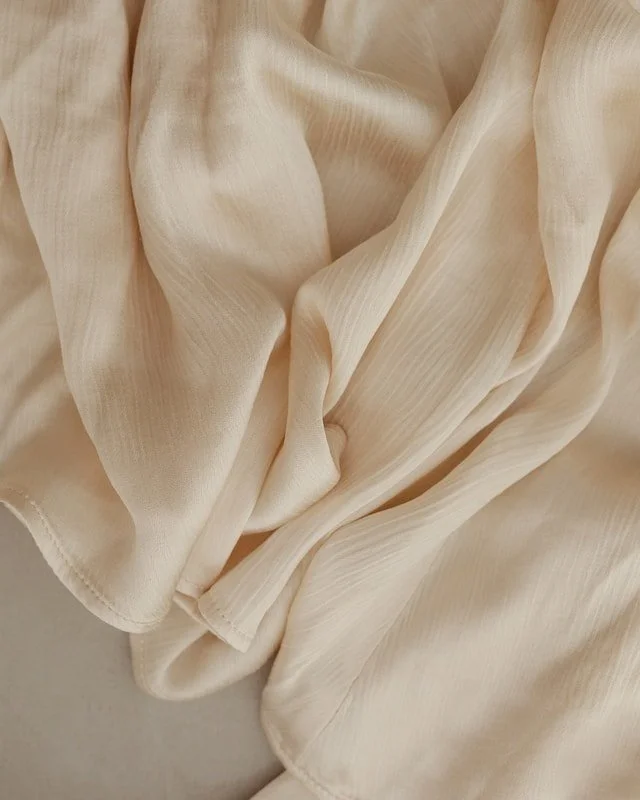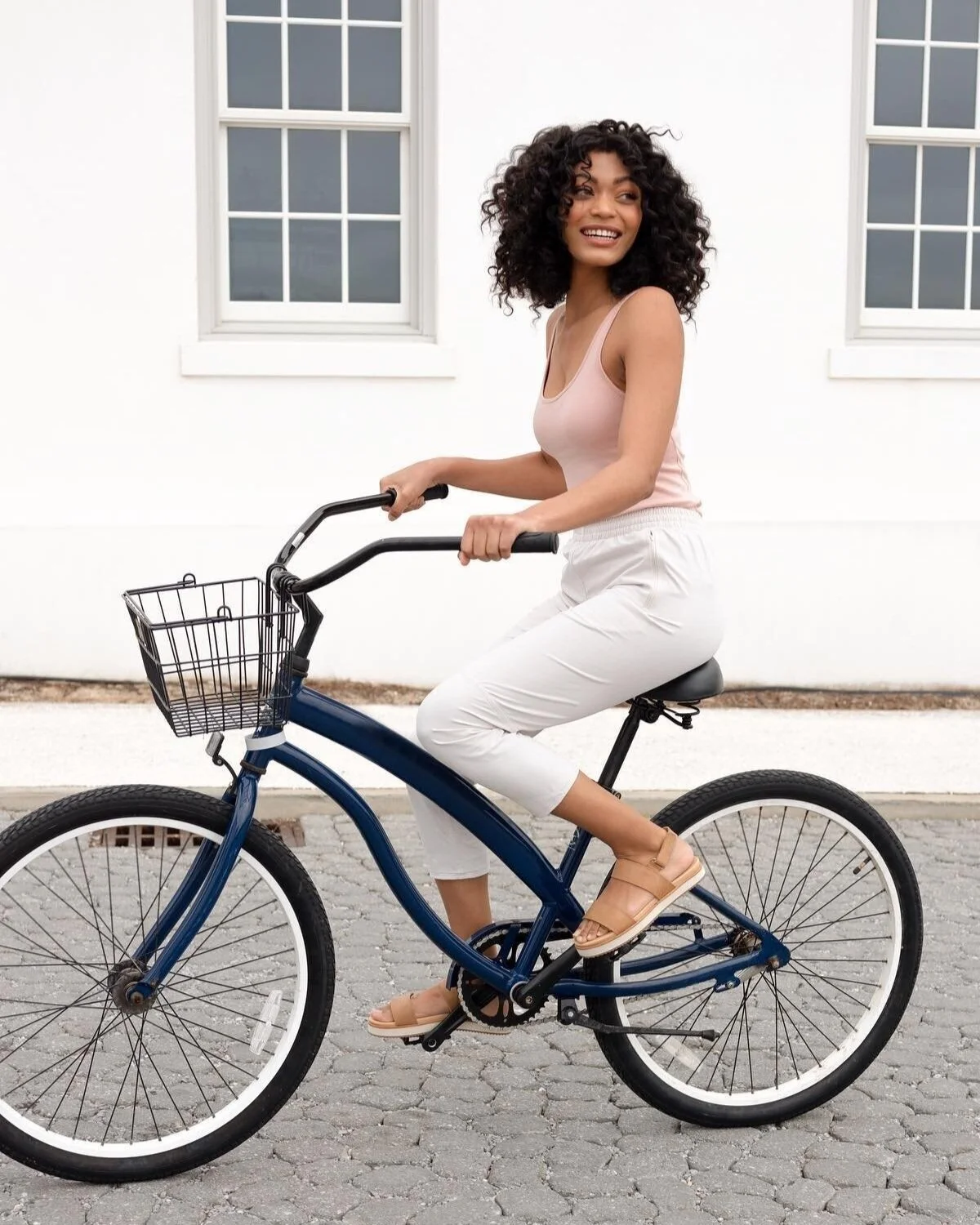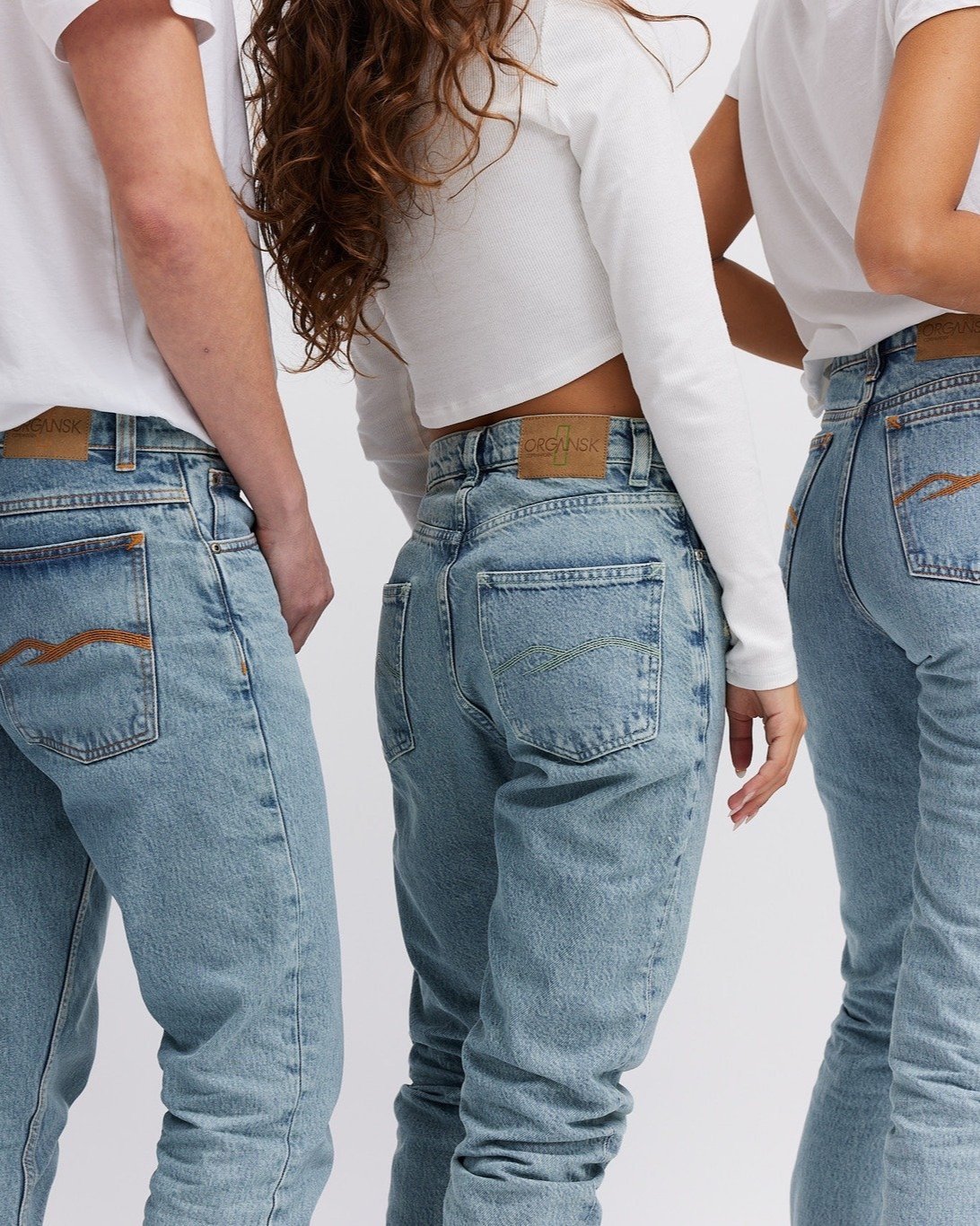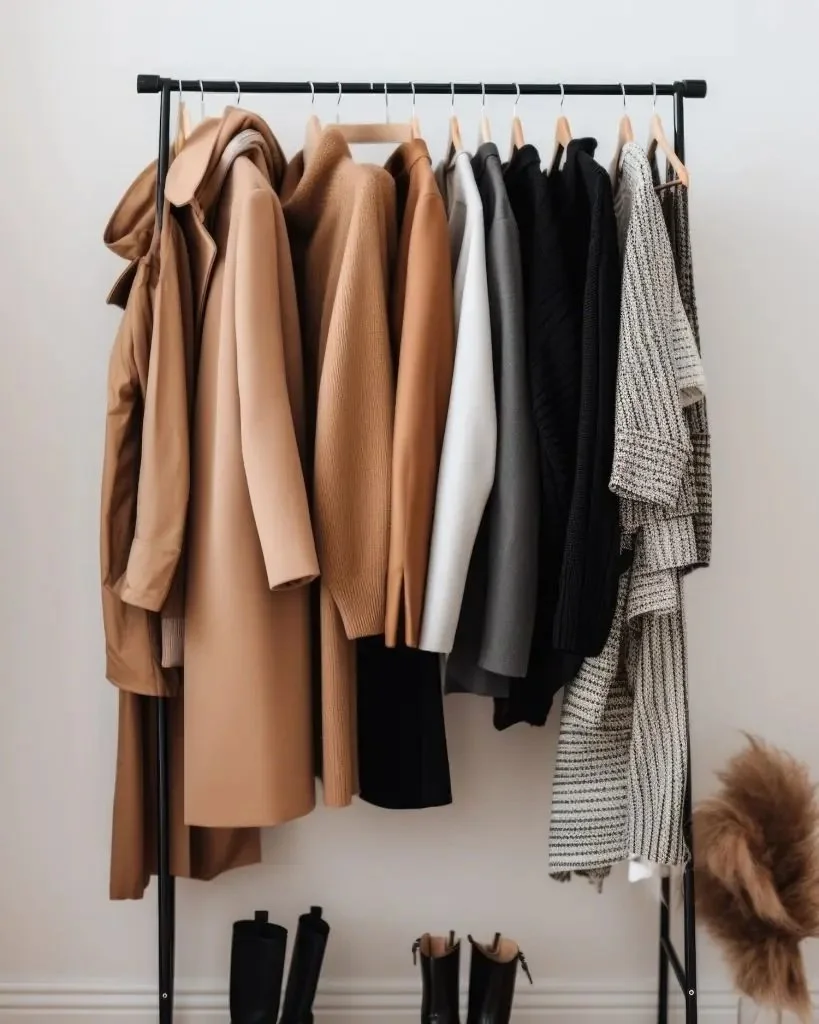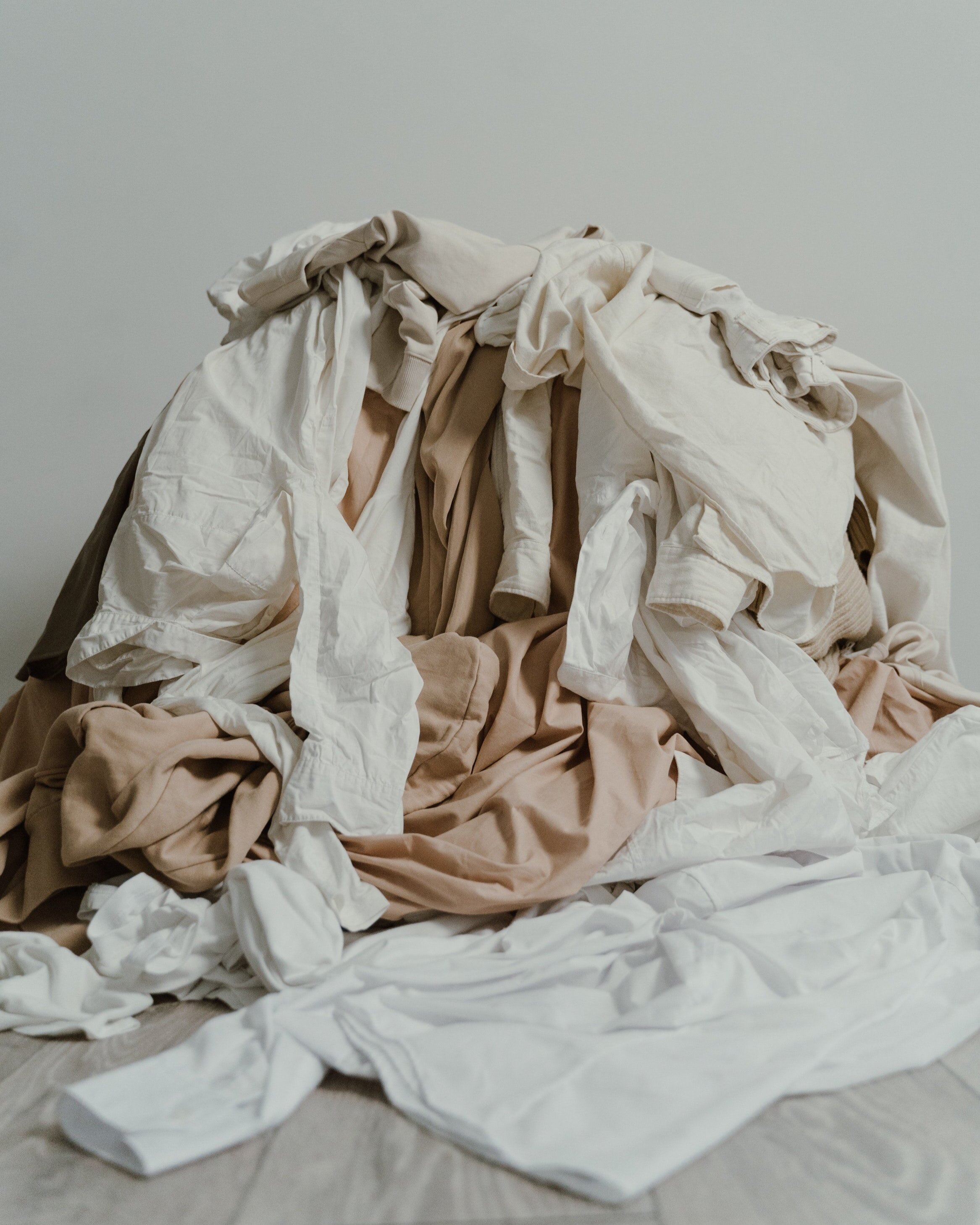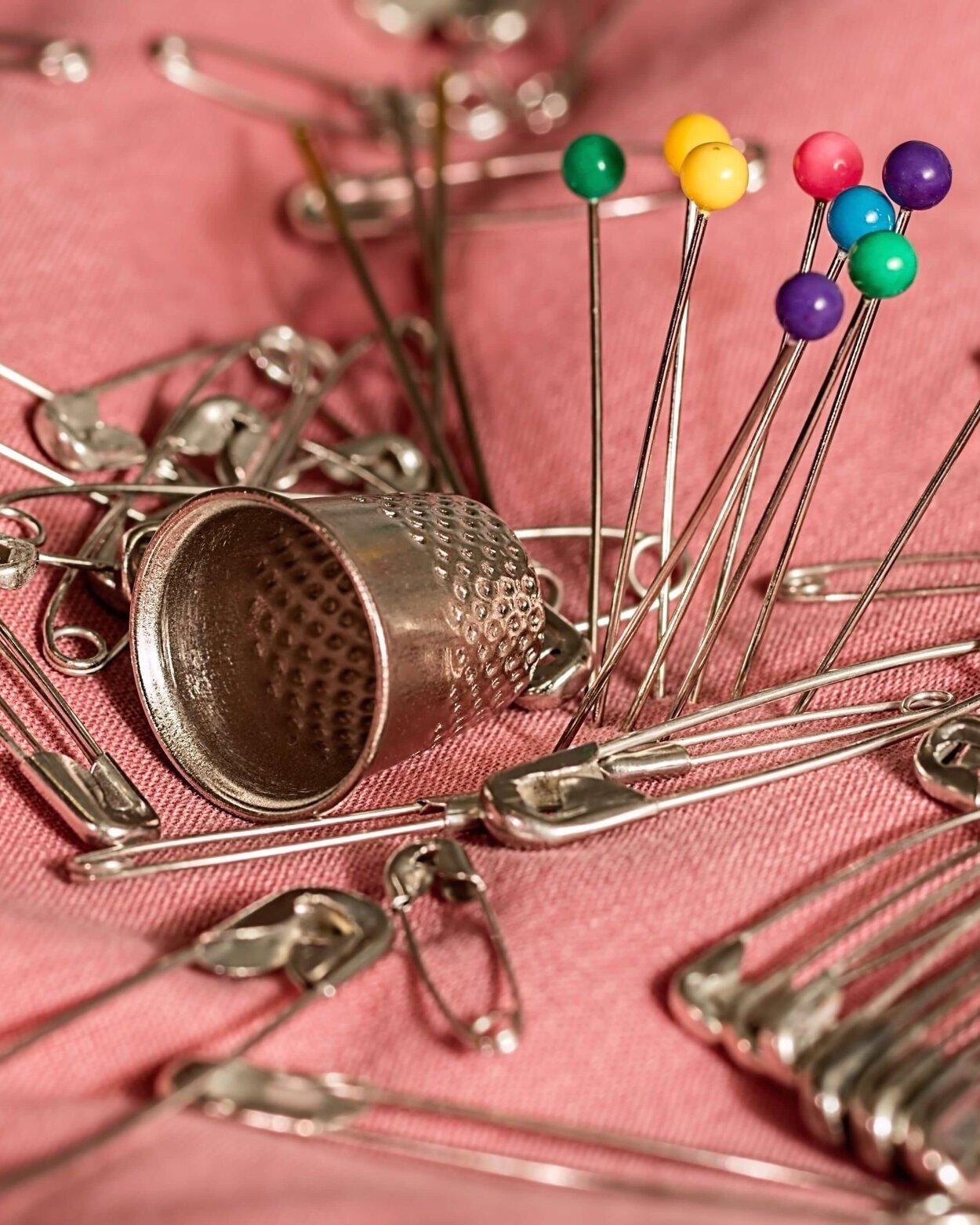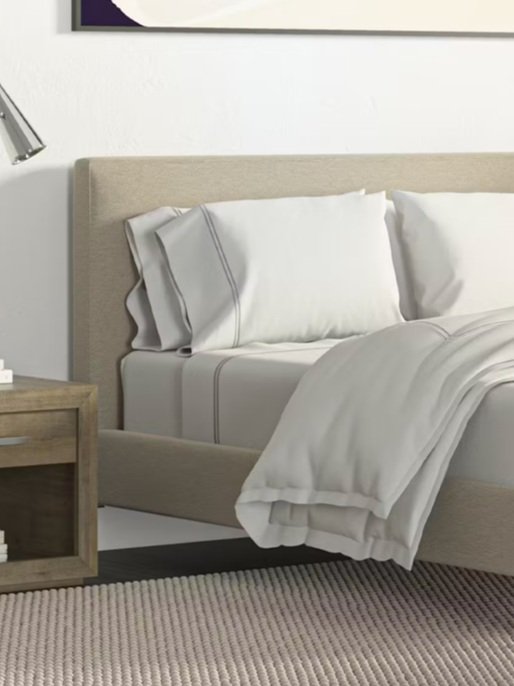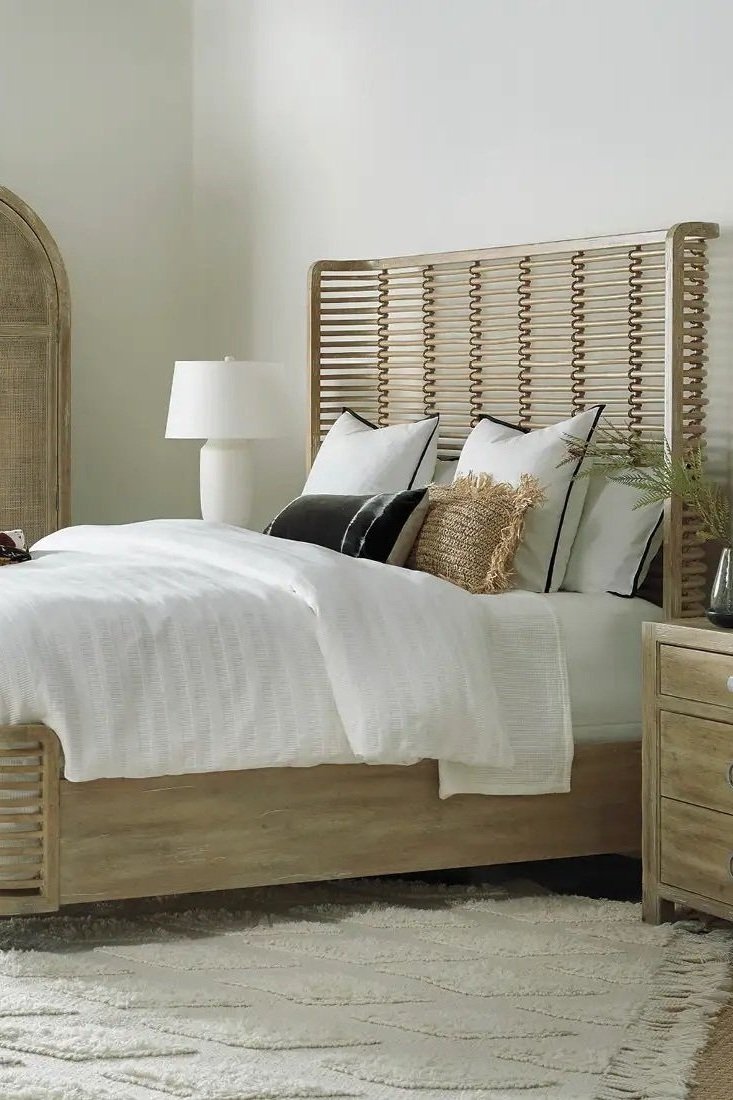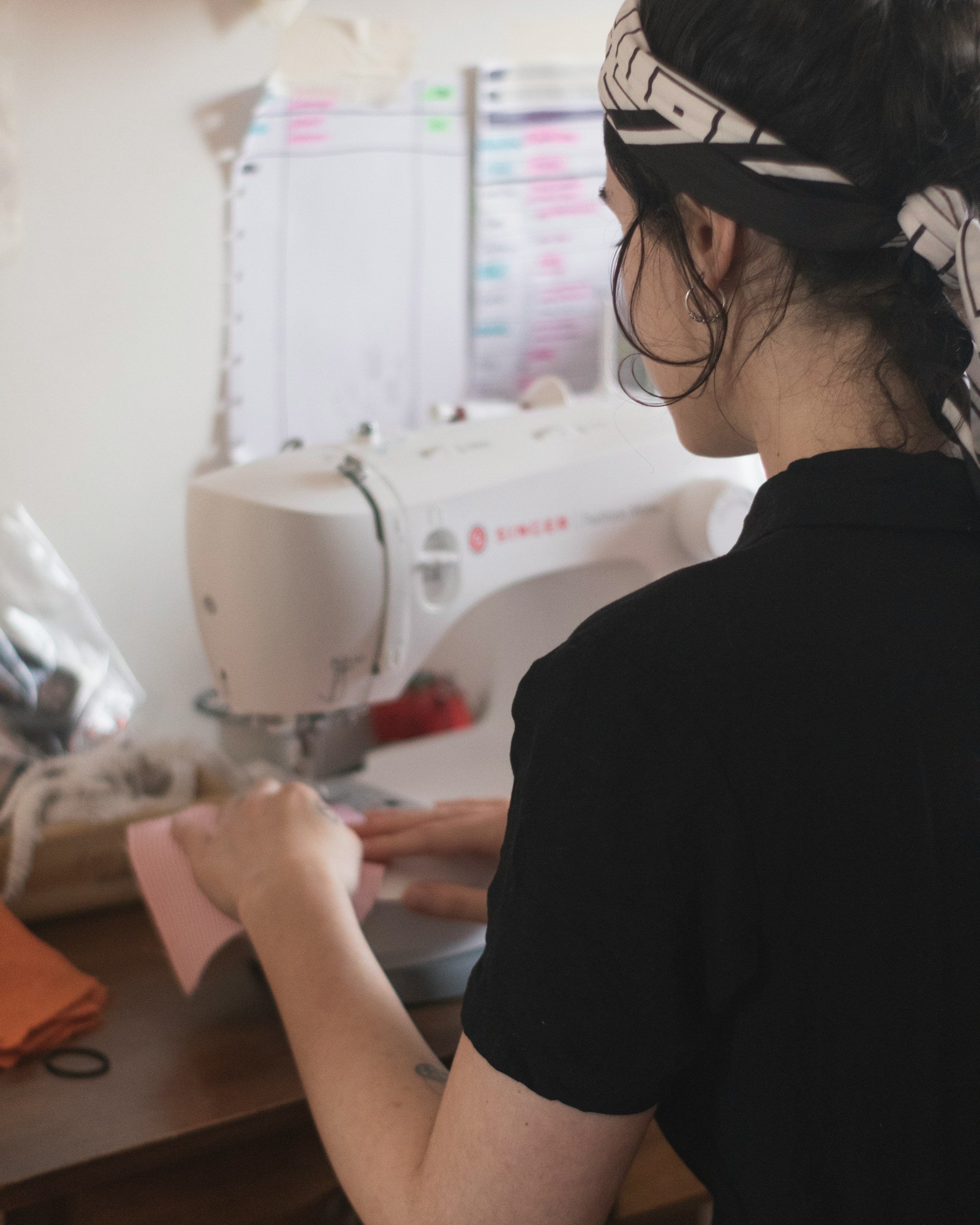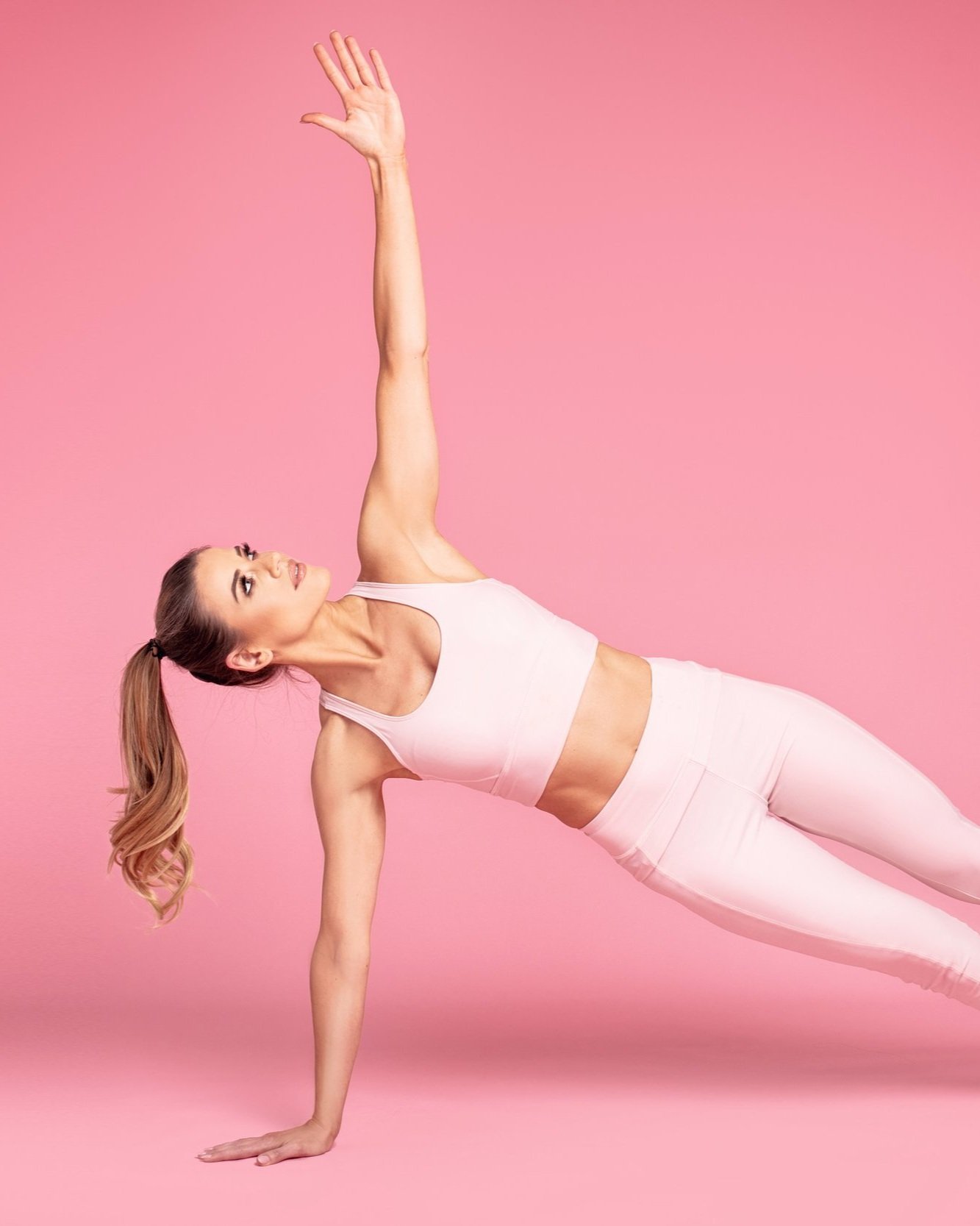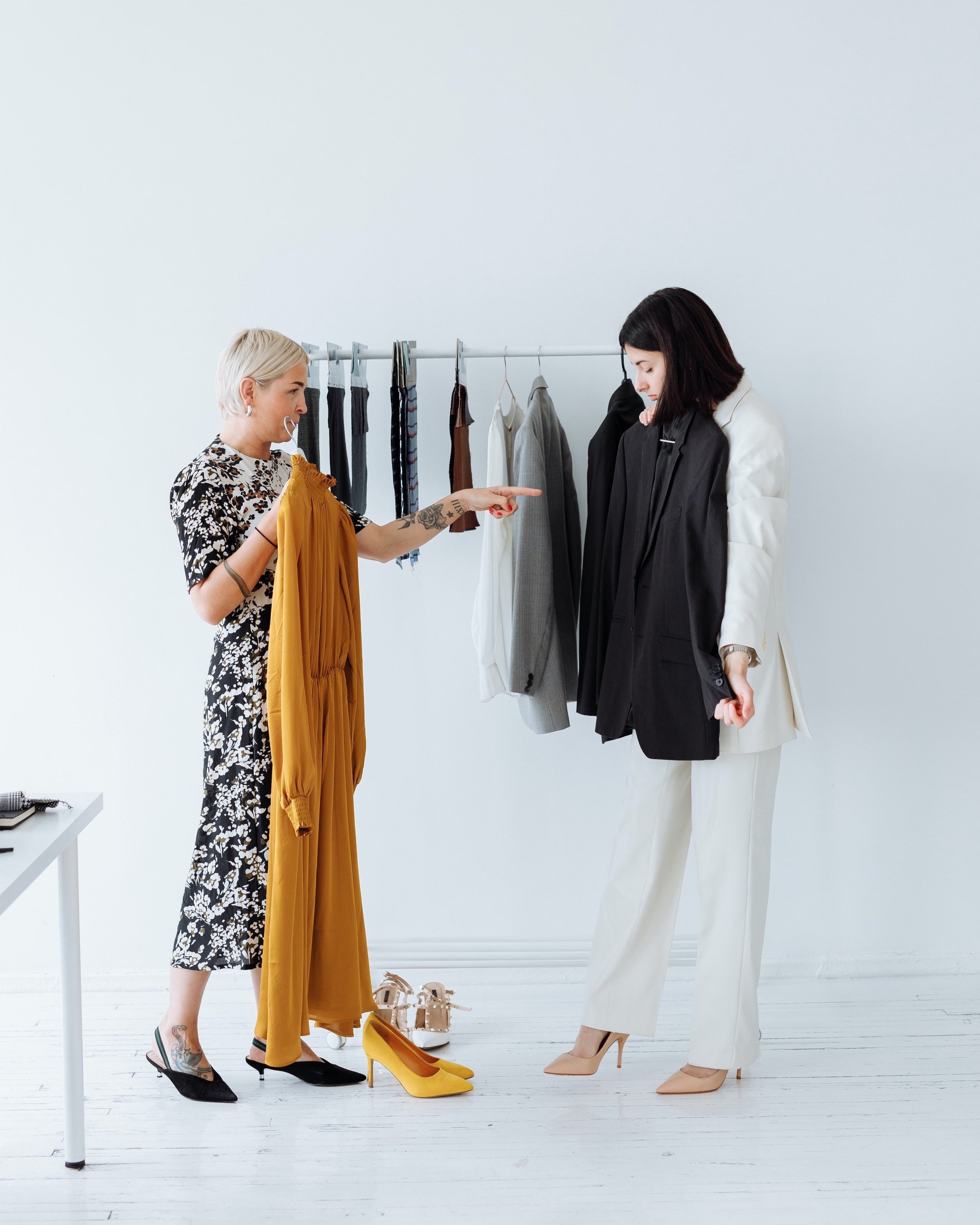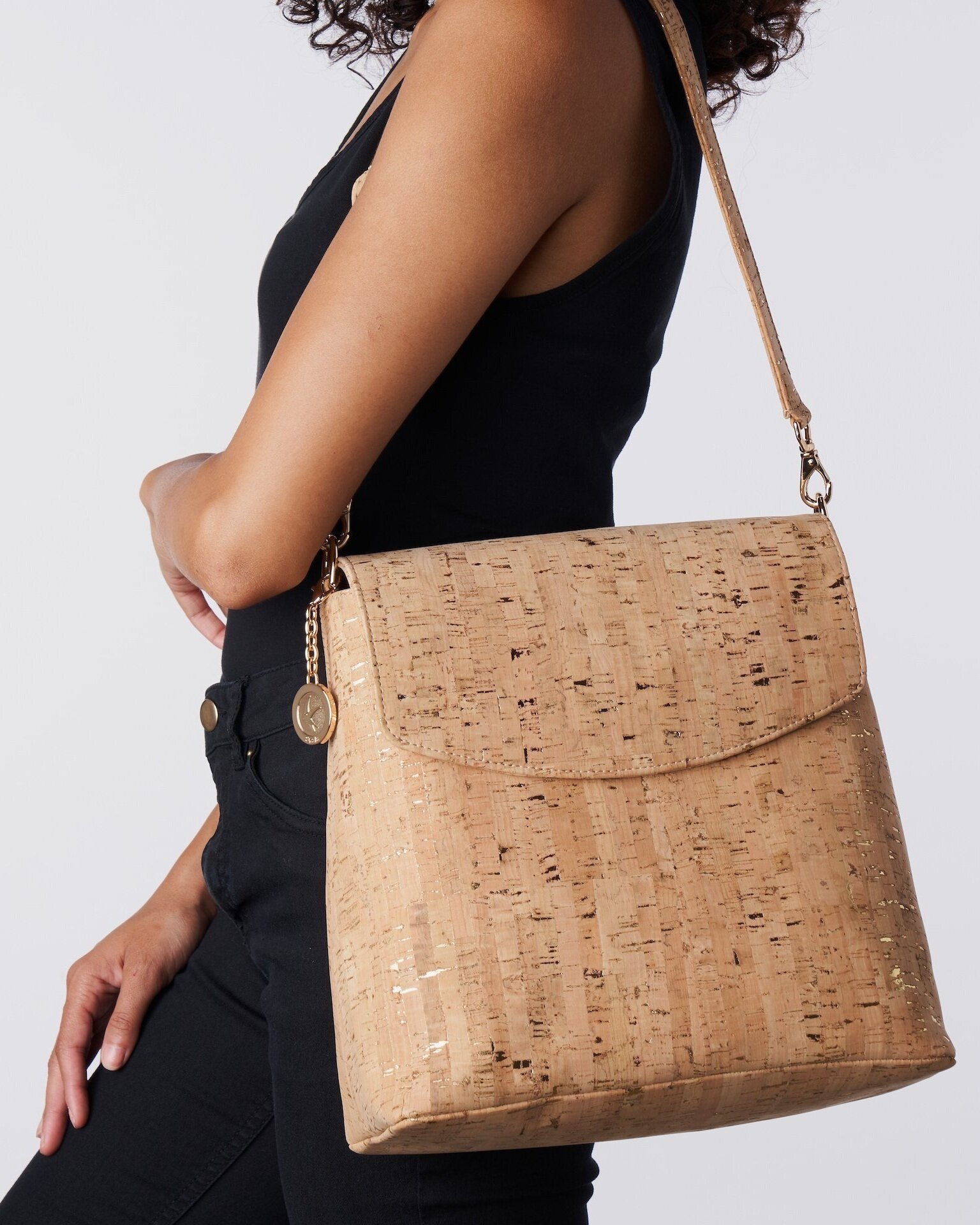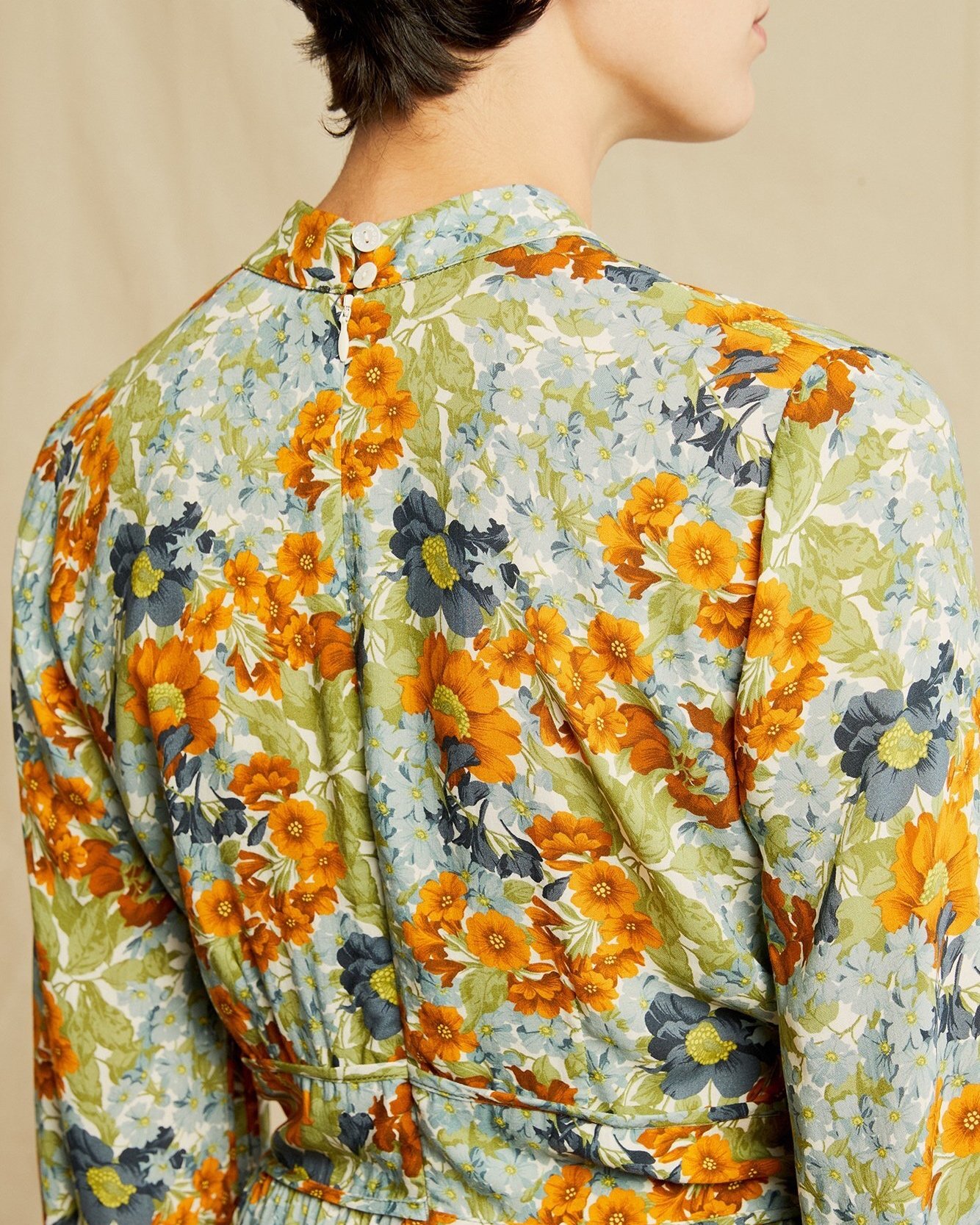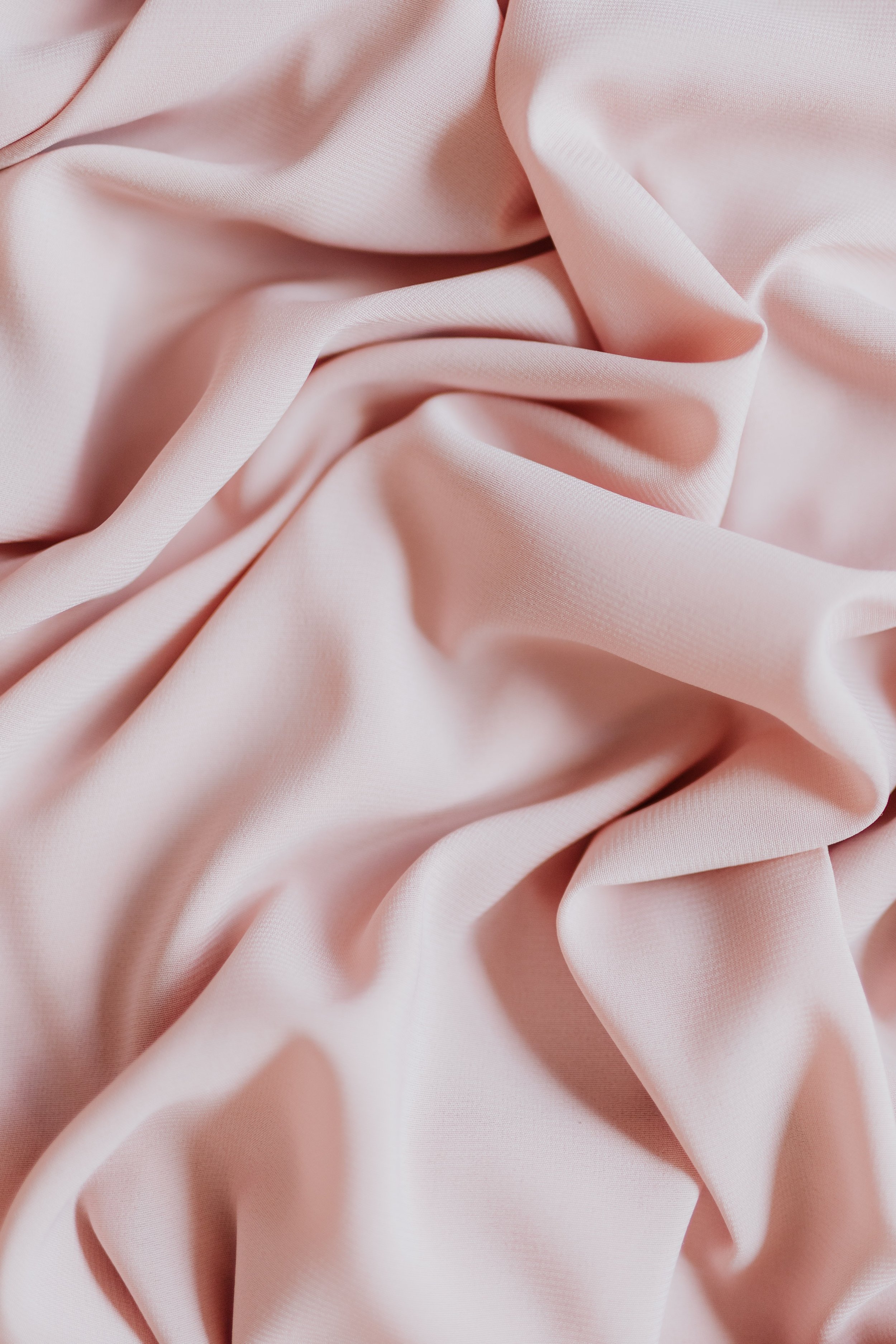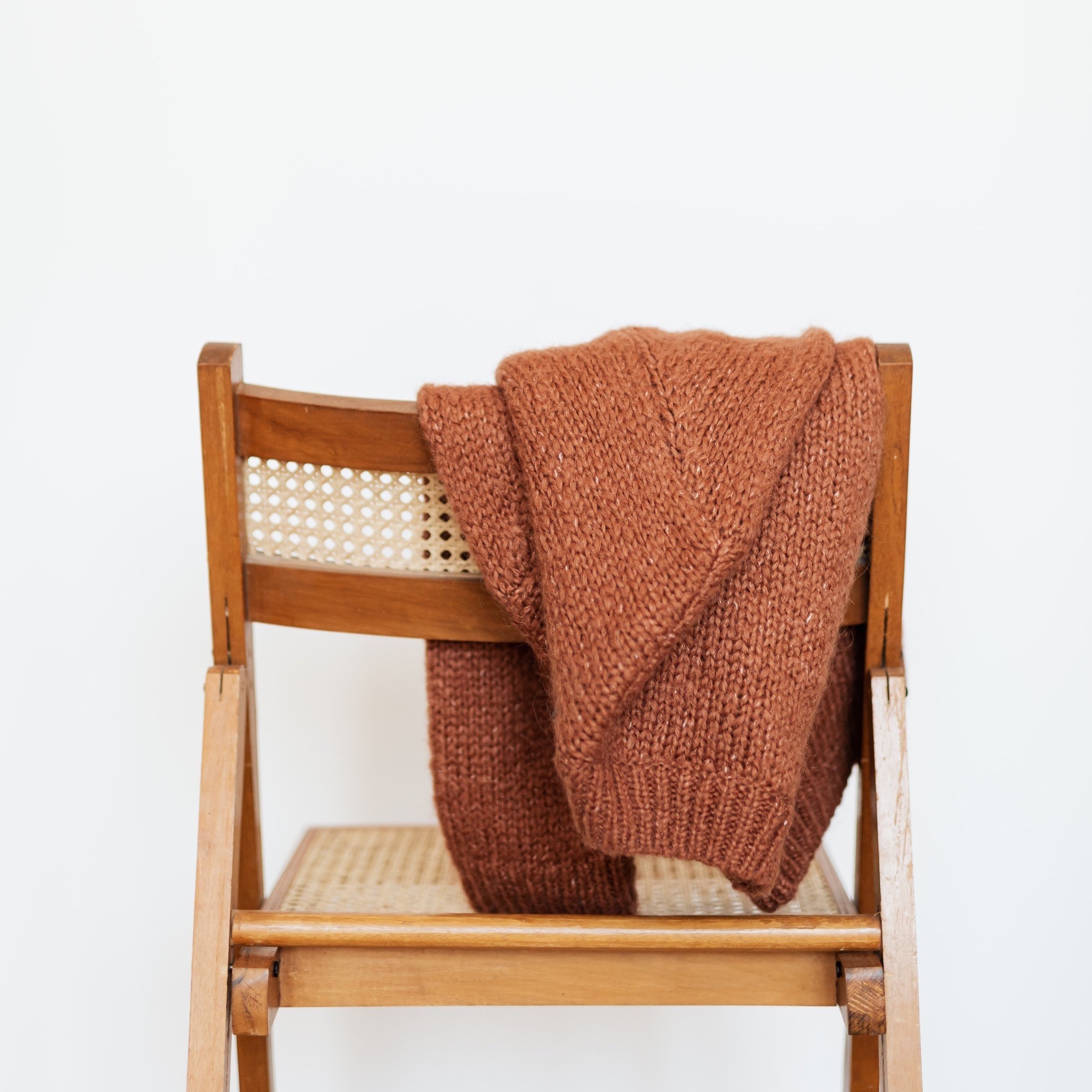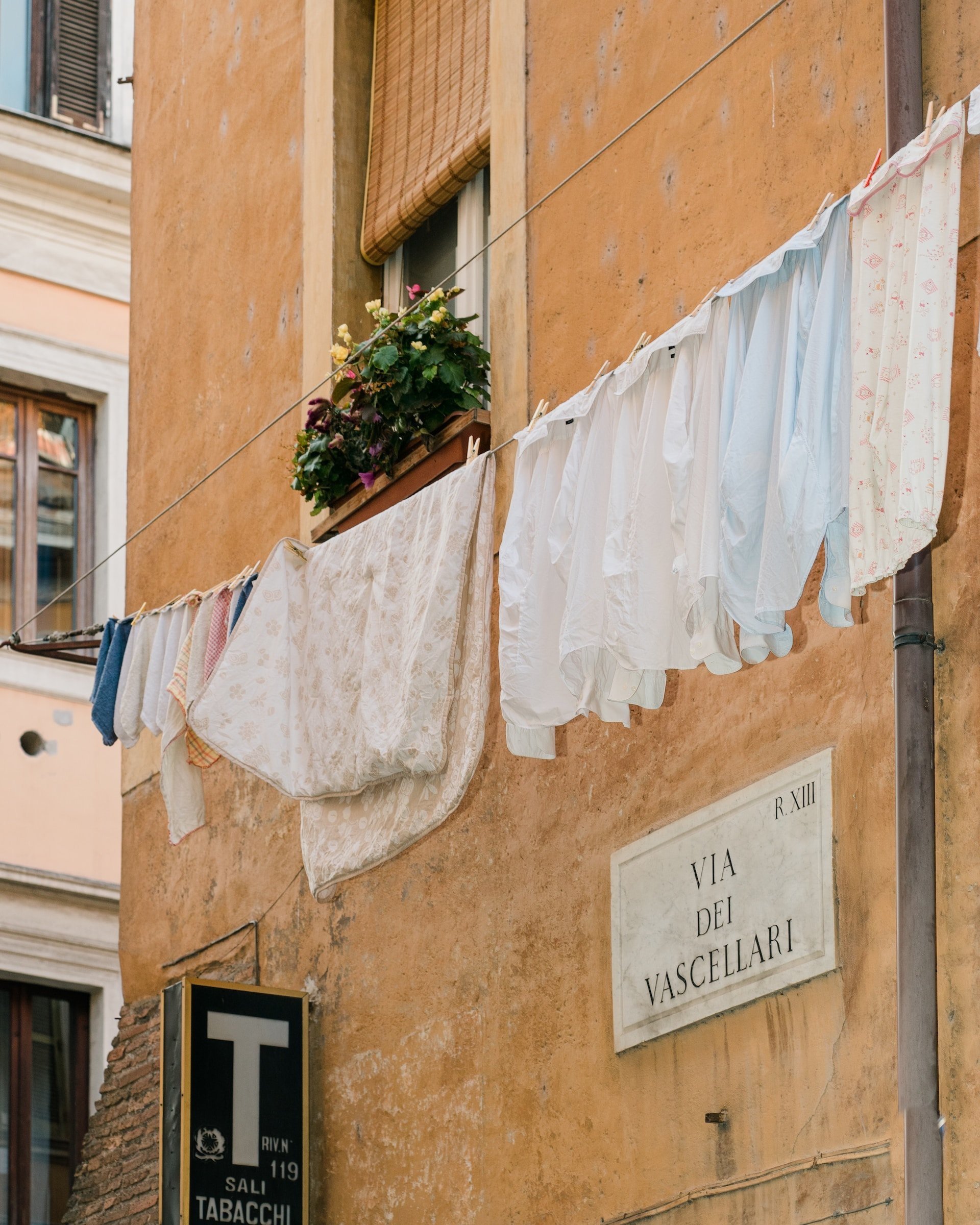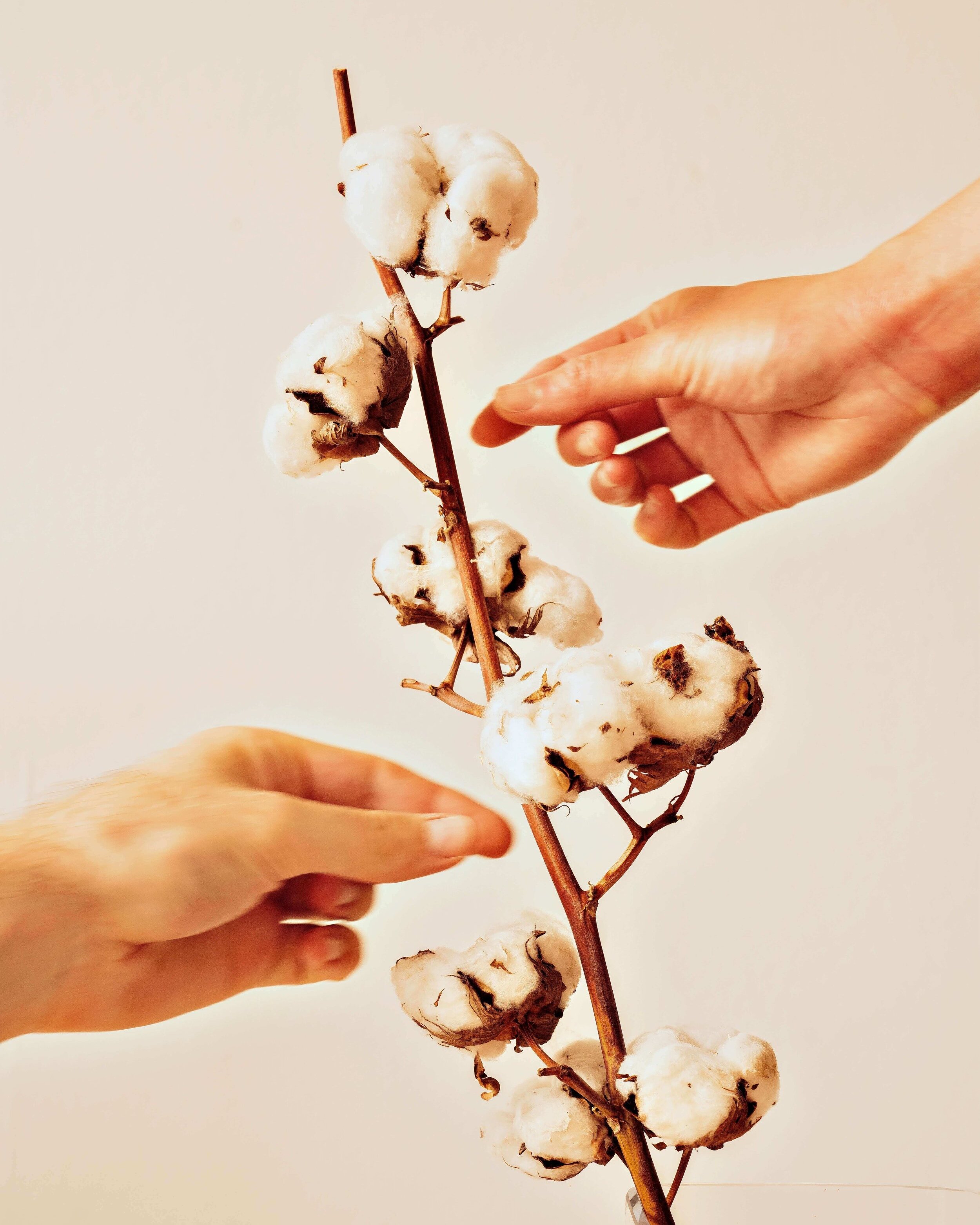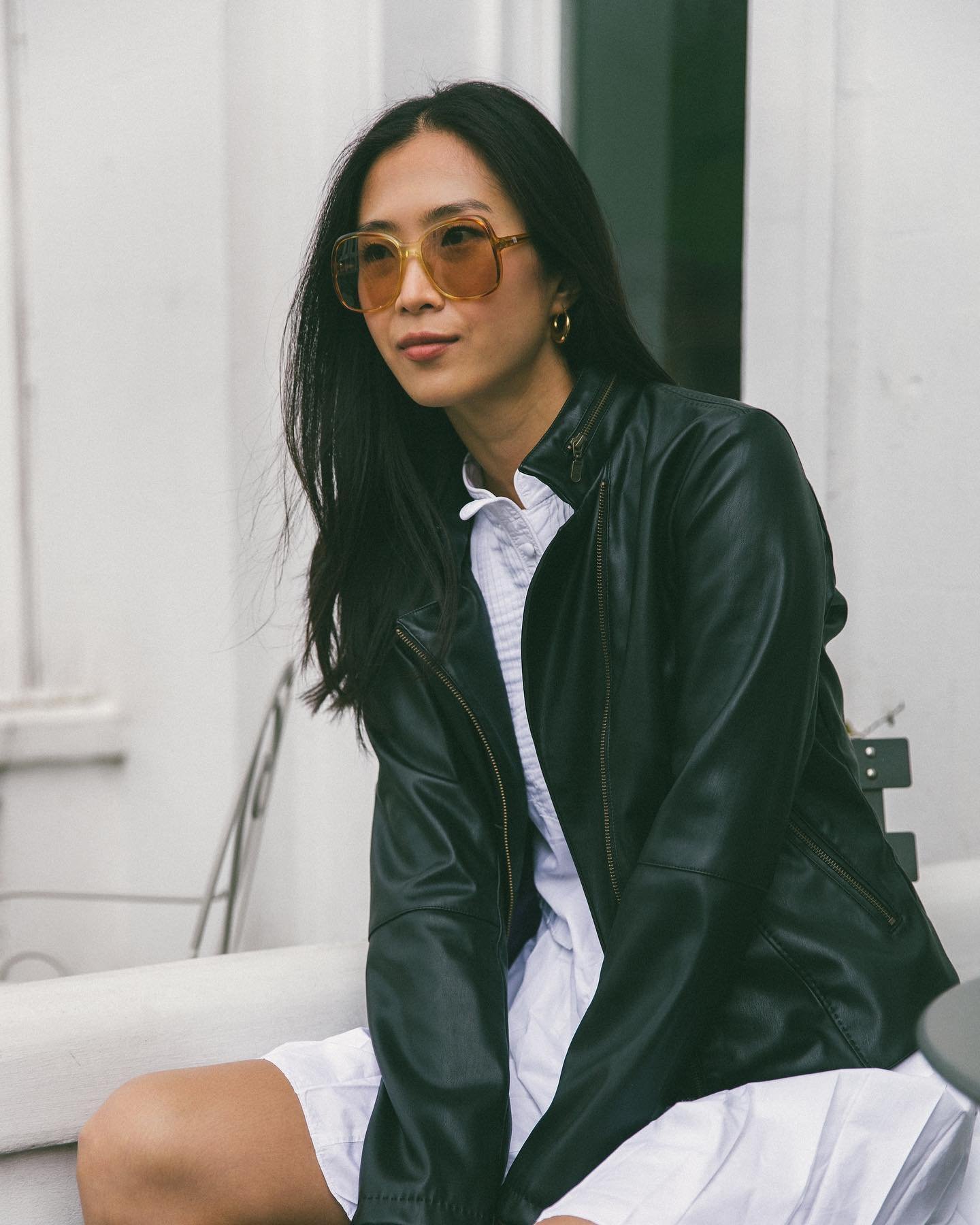UGG boots have undoubtedly been a fashion staple for cold weather for many years now. First worn by Australian surfers in the 1950s, these brown fur-lined, sheepskin boots became extremely popular in the early 2000s.
Everyone from celebrities to stay-at-home moms had a pair, and UGGs were a must-have in our closets. While they were momentarily declared “over” in 2012, they quickly made a comeback as the brand introduced new styles. In 2023, everyone was crazy about UGG’s mini, below-the-ankle platform boots and embroidered Tasman slippers - and they haven’t gone out of style for winter 2024-25!
However, while we cannot deny that UGG boots are very cozy and comfortable, they are far from being the most sustainable and ethical shoes on the market. If you still want to choose cozy comfort and trendy style this year, make sure to get one of these seven sustainable alternatives to UGGs instead. Thanks to them, you will be able to say goodbye to chilly toes while making a better choice for the planet.
ARE UGGS SUSTAINABLE AND ETHICAL?
UGG has taken different steps over the years to reduce its environmental footprint. For instance, it has introduced sustainable materials in its collections such as upcycled wool, Tencel lyocell, or recycled polyester.
However, there is a lot of room for improvement. Its shoes are still made with sheepskin and leather, which are some of the most unsustainable materials. The leather is artificially dyed and treated, so it may contain many harmful chemicals we should not be in contact with.
Most UGG boots are also made in Asia, primarily in China and Vietnam, where there is little to no environmental regulation.
Moreover, the company’s supply chain is not certified by any labor standards. So there is no evidence that workers are paid a fair living wage and that they are treated well and working in safe, healthy conditions.
While UGG may not be the least eco-friendly and ethical footwear brand, it still has a long way to go to be considered sustainable.
Thankfully, there are different brands we can shop from that are doing a lot better in terms of ethics and sustainability!
WHAT MAKES A PAIR OF SHOES SUSTAINABLE AND ETHICAL?
A sustainable pair of shoes is made with eco-friendly materials and built to last for many years. It should be designed to withstand constant wear without wearing out in a few seasons. If possible, try to buy shoes that can be resoled and repaired, though these can be tricky to find.
The brand producing them should also utilize sustainable manufacturing practices and implement different zero-waste initiatives such as energy- or water-saving techniques. It should also minimize its use of toxic chemicals and material waste.
A sustainable footwear brand also makes its shoes with its workers’ well-being in mind. All the workers in the supply chain should be paid fair wages allowing them to live decently, and work in safe, humane conditions.
The company should also be transparent about how its products are made and where. Ideally, it has received different third-party certifications such as B Corporation or OEKO-TEX Standard 100.
Finally, make sure to stay away from fast fashion brands and cheap styles you can find on websites like Amazon. These brands provide very little information about how their products are produced, and their shoes are usually poorly made and not built to last.
WHAT MATERIALS SHOULD YOU SEARCH FOR?
Most sustainable alternatives to UGGs are made with high-quality synthetic materials or sustainably sourced sheepskin. While these materials are not ideal in terms of sustainability, they are usually long-lasting, meaning that you will be able to wear the shoes for many years.
However, different brands also make their boots with more eco-friendly materials such as corn “leather”, or recycled materials such as recycled PU, recycled wool, or recycled polyester. One company even crafts them using recycled mattresses! Finally, many of them also make their soles from natural rubber.
We evaluate brands using a 3-leaf rating system & only feature those we genuinely support. You can read more about our process here. This post also includes affiliate links, which help fund our work. Thank you for supporting sustainable brands - and us!
= Impressive
= Noteworthy
OUR TOP PICKS FOR COMFY, SUSTAINABLE ALTERNATIVES TO UGGS:
Materials: Sheepskin, Merino Wool, Rubber, EVA
Price range: $88-200
EMU Australia creates quality UGG-like boots for each member of the family, including children and babies. It focuses on sustainable production using natural materials. It sells different styles of boots, from ankle boots to tall models, which are all either water-resistant or fully waterproof. You will be able to choose from different colors such as brown, black, gray, and even glossy gold. If you have children, they will love all the fun styles, patterns, and colors available. Our favorites are in the Little Creatures collection, which features incredibly cute animal-inspired UGG-style boots lined with Australian merino wool!
EMU Australia makes all its boots with double-face sheepskin to keep your feet warm and snug. We particularly recommend those from the Platinum Collection, since they are all handcrafted locally in Australia. The Platinum boots are made from Woolmark-accredited, Australian sheepskin and feature a removable sheepskin-lined insole, a dual-layered EVA midsole, a flexible outsole, and a reinforced heel cup. And if you are looking for a comfy, yet more feminine model, you should check out the Platinum Hi Lace boots. They are classic UGG-like tall boots with a cool side lace detail, allowing for a flexible fit and adding a fashionable touch.
2. Zette Shoes
Materials: Microfiber PU, Corn Leather, Faux Shearling, EVA
Price range: $122
Zette Shoes is the in-house brand of the Australian vegan footwear boutique Vegan Style. This ethical, cruelty-free shoe line is consciously crafted in limited quantities with sustainable materials and combines timeless elegance with playful styles. With its Willow collection, it offers vegan UGG-style slipper boots that will keep your feet comfortable, warm, and cozy. Three of them, sold in the colors black, beige, and silver, are handmade from suede-like microfiber PU produced in a CO2-free manufacturing environment. The microfiber PU is water-resistant, durable, and breathable, and molds to the shape of your feet over time. It is also Ecolabel and OEKO-TEX Standard 100 certified, meaning that harmful chemicals are not released into the environment during the production process and that the boots are 100% non-toxic and healthy to wear.
The company also has a fourth model whose upper is made from corn leather. This supple yet sturdy material is made in part from corn husks and vegetable oils. How cool?! Zette Shoes’ UGG-style boots also feature a faux shearling lining and a lightweight EVA outsole, and they are produced ethically in Brazil. To top it all off, the brand ships everything using recycled packaging and its team has fostered and helped rehome 100+ rescue cats!
3. Bearpaw
Materials: Rubber, Faux Suede, Faux Fur
Price range: $60-85
Bearpaw is a brand renowned for offering a wide array of footwear options that prioritize both comfort and style. Their collection includes UGG-style boots, clogs, and slippers, catering to women, men, kids, and toddlers alike. For those who adhere to a vegan lifestyle, Bearpaw proudly presents a diverse range of vegan boots. These boots are crafted with high-quality faux suede uppers and feature a plush faux fur lining along with footbeds that provide exceptional comfort.
In addition to their vegan options, Bearpaw’s traditional offerings include boots, clogs, and slippers that are made from premium soft suede. Many of these styles are lined with a luxurious wool blend, ensuring warmth and comfort even in colder weather. A notable feature of their footwear is the sheepskin footbed, which not only adds to the plush feel but also helps to regulate temperature, keeping your feet comfortable all day long.
To further enhance the durability and functionality of their products, Bearpaw applies a non-toxic, PFOA-free rain and stain repellent to their footwear.
4. Be Lenka
Materials: Leather, Sheepskin, Wool, Recycled PU, Rubber
Price range: $129
Be Lenka is a sustainable Slovak brand that produces minimalist barefoot shoes and ergonomic baby carriers. Its Polaris collection for women consists of beautiful pairs of boots that are quite similar to UGGs. They are sold in the colors gray, and black, and they feature a timeless, classy design. Very versatile, you can wear them with practically anything, from a pair of jeans to athleisure wear! These boots are made from nubuck leather with sheepskin lining that has fantastic warmth-retaining and moisture-wicking properties. The insoles are produced from wool & recycled PU, & the boots have anti-slip, abrasion-resistant rubber soles designed to provide excellent grip.
Just like other barefoot shoes, they respect the natural anatomy of the foot and perfectly mimic walking barefoot. They feature a wide foot-shaped toe box and ultra-flexible, lightweight soles allowing the feet and nerve endings to be stimulated by the surface they walk on. They are also flat from heel to toe, which helps improve body posture and weight distribution. Be Lenka handcrafts its Polaris boots in Portugal using locally sourced materials and focuses on sustainable, high-quality craftsmanship. The brand also regularly supports different charities through the Be Lenka Foundation.
5. Celtic & Co
Materials: Sheepskin, Rubber
Price range: $129-435
Celtic & Co. is a British family-owned clothing and footwear brand committed to slow fashion. It creates contemporary pieces using sustainable, natural materials and has been making quality sheepskin slippers and boots in Cornwall for over 30 years. It has a huge selection of UGG-style shoes for women, men, kids, and even babies! From classic shearling boots to water-resistant or knee-high models, they are available in many styles and colors.
The boots are made to stand the test of time and crafted by hand using British shearling. The shearling is sourced as a by-product of the food industry, meaning that it is a waste product that would have otherwise been incinerated.
Celtic & Co’s boots are finished with an Italian rubber sole, and they feature double-stitched seams for extra resilience and a reinforced heel back to help preserve the shape of the shoe. Not to mention that almost all of them are machine washable!
The brand works with suppliers that are members of the Leather Working Group or Sedex, and it makes sure to avoid overproduction. It even offers a resole and repair service and regularly makes donations to nonprofits.
Plus, it received many awards, including the King’s Award for Enterprise in the International Trade category in 2023, which is the highest official award for British businesses!
Materials: High-quality Synthetic Suede, Faux Fur, EVA
Price range: $130-170
PAWJ California is a family-run footwear brand based in California selling 100% vegan, cruelty-free boots, shoes, and slippers.
It offers a wide range of UGG-style boots for women, from mini ankle boots to classic ones to tall models. Men can choose between a black pair of short boots and brown mini boots.
If you like platform shoes, you will be happy to learn that the brand has a few models in that style. PAWJ California also has a pair of clogs that are incredibly similar to UGG’s Tasman slippers!
The boots are very soft and available in several neutral colors such as black, gray, and different shades of brown and beige.
PAWJ California produces all its boots using high-quality synthetic suede and faux fur, making them entirely vegan and free of animal-based materials. Not to mention it is a PETA-approved brand.
The boots feature an EVA sole and are designed with exceptional craftsmanship, comfort, and style in mind. With their reinforced heels and double nylon stitched seams, they are truly made to be long-lasting.
Materials: Recycled Mattresses, PVC-Free Materials, Faux Fur
Price range: $110
Call It Spring is a Canadian brand selling all kinds of shoes and bags for women and men. It offers a cute pair of chunky Jamielee booties that look like UGG boots.It is available in brown, black, and black covered with glittering sequins if you are looking for a more unique, fun look.
These stylish boots are incredibly cozy and feature a round toe box, lug soles, and faux fur lining. They are also waterproof thanks to their sealed seams that help prevent your feet from getting wet.
As a PETA-approved brand, Call It Spring makes sure this style is 100% vegan and cruelty-free. It is made from PVC-free materials and has an insole produced from 30% post-consumer waste using recycled mattresses and cushions. The insole is designed to be comfortable, breathable, and durable, and does not compress over time.
The brand also ships its products using FSC-certified packaging printed with vegetable-based inks. Plus, it has partnered with the Give Back Box to provide you with a free shipping label so you can easily send your unwanted clothes and shoes to different charities.
About the Author
Eva Astoul is a French freelance writer, specializing in content related to sustainability, simple living, and a growth-focused healthy lifestyle. She runs her own blog, Green With Less, to inspire people to live a more minimalist and sustainable life.
MAKE SURE TO PIN THE PHOTO BELOW TO SAVE THIS POST FOR LATER!
WANT MORE SUSTAINABLE BRANDS? VISIT OUR BRAND DIRECTORY!
The Brand Directory features hundreds of sustainable brands approved by us!
We have broken everything down by category for easy shopping, along with discount codes unique to Sustainably Chic viewers.






